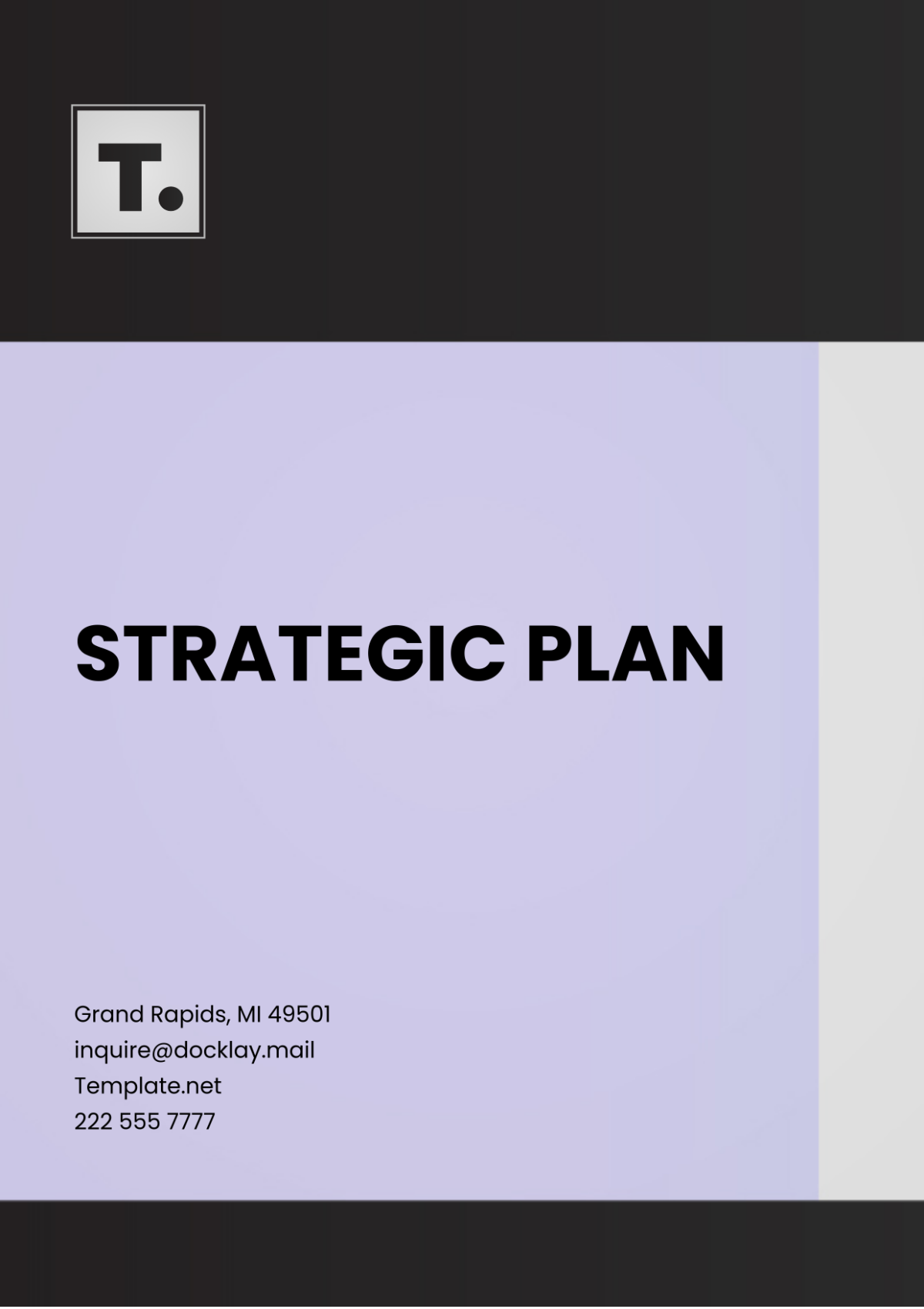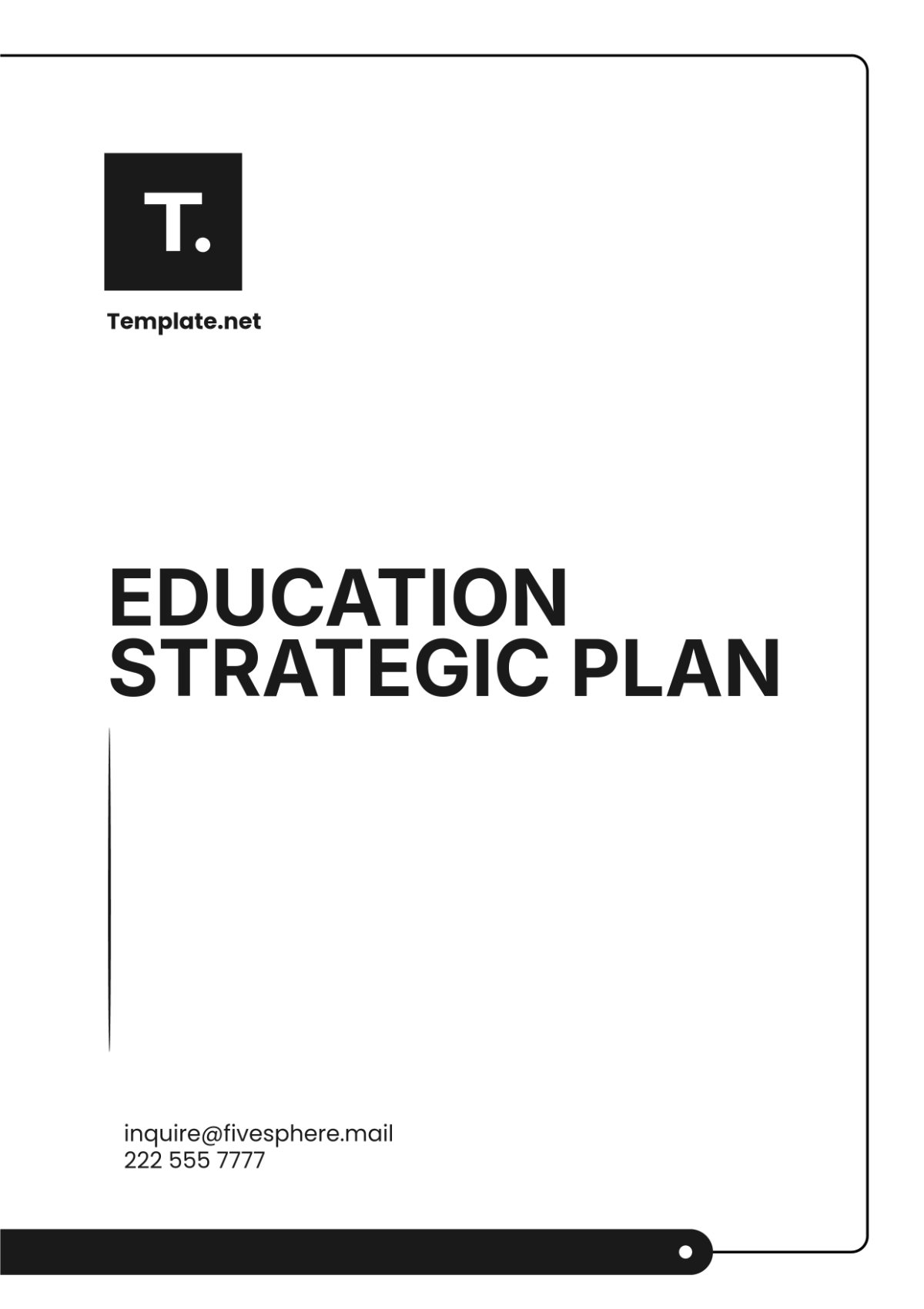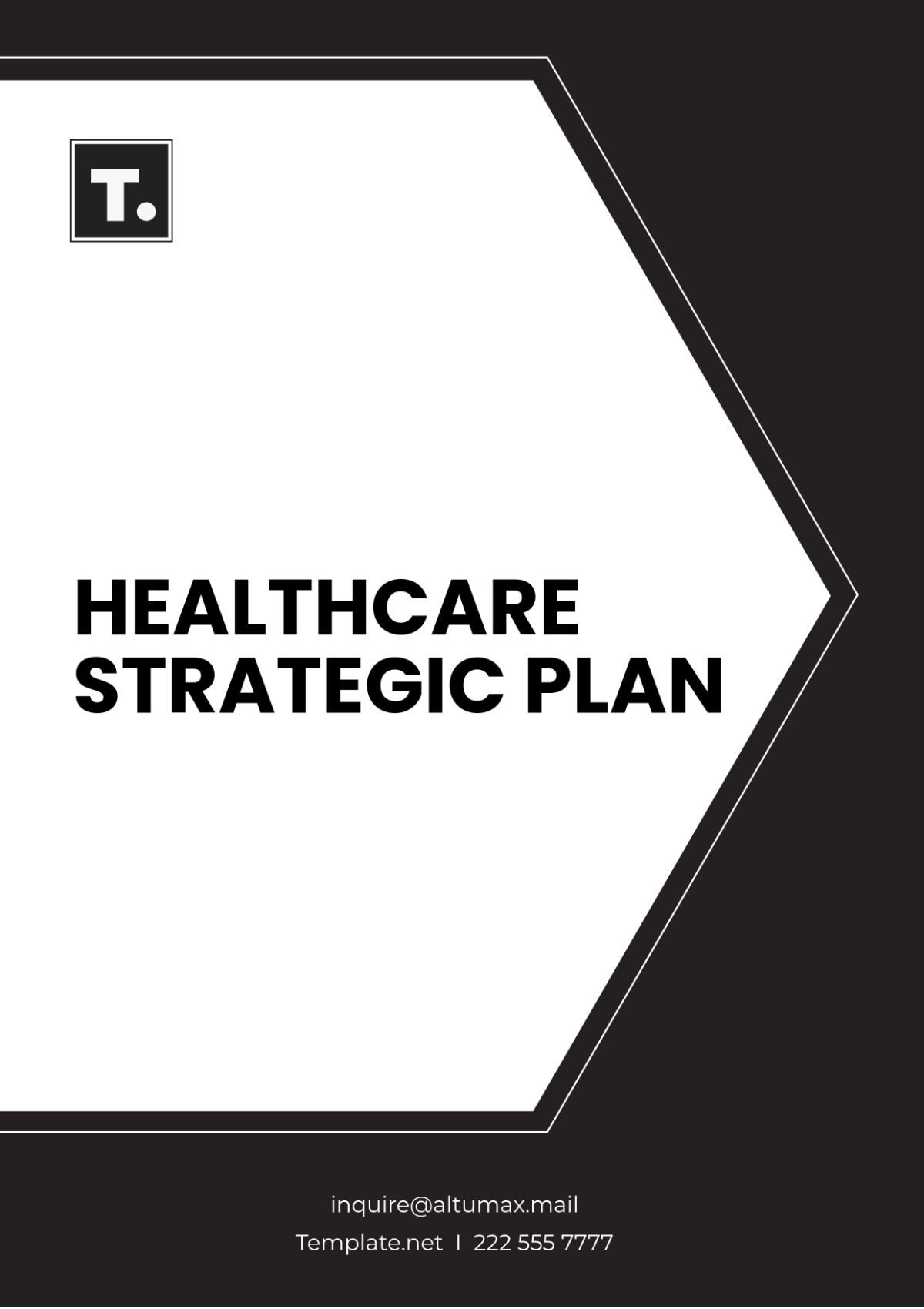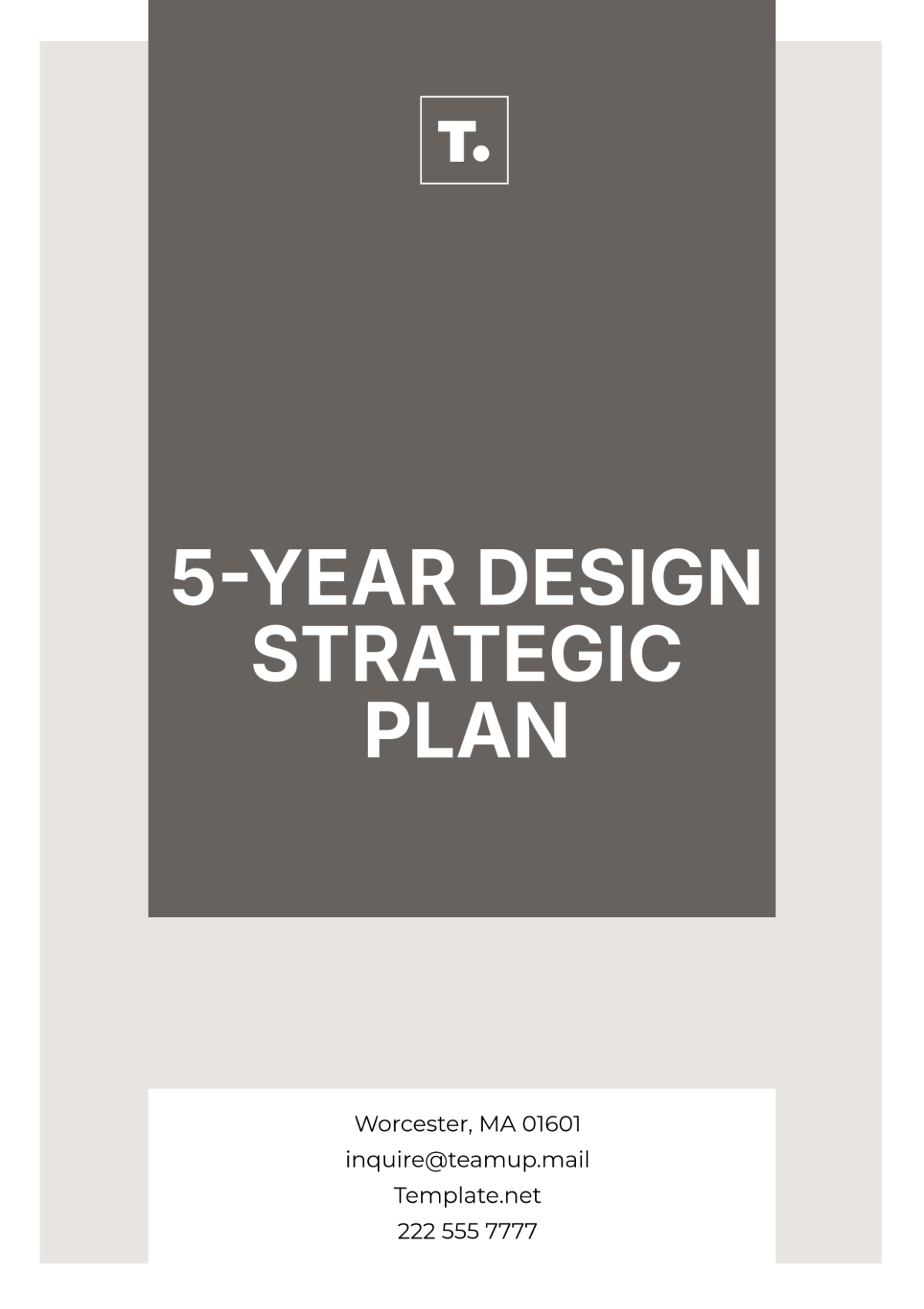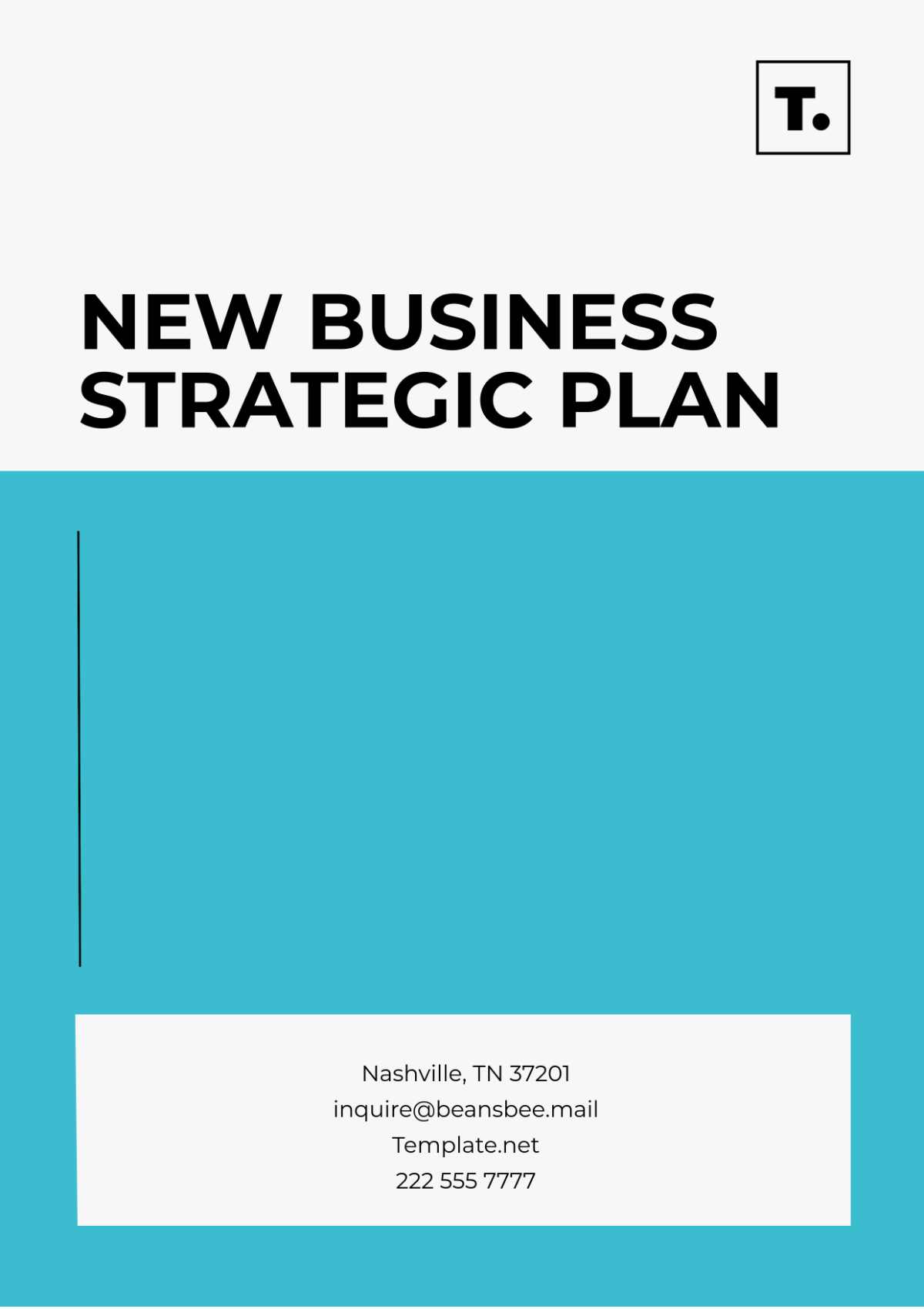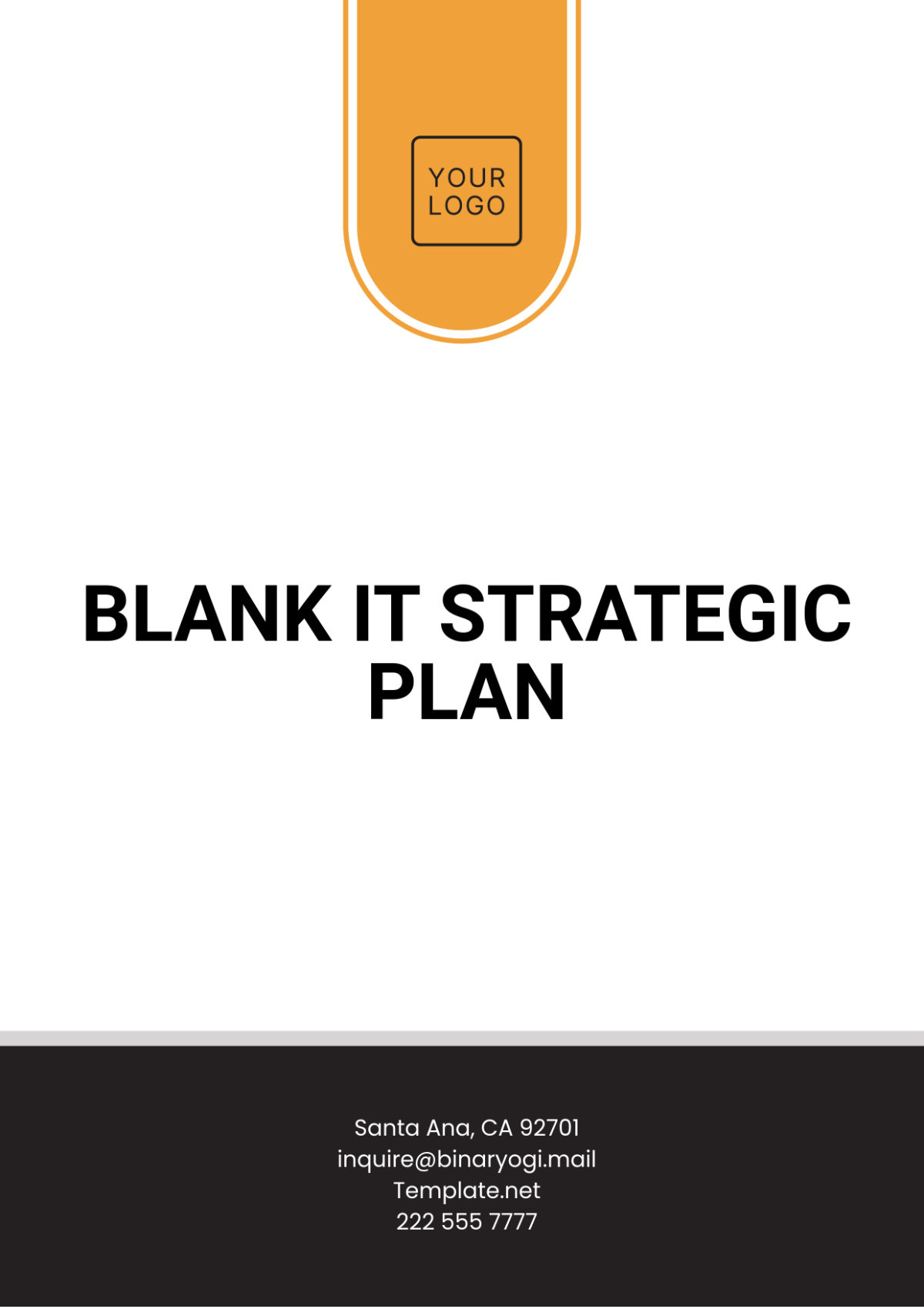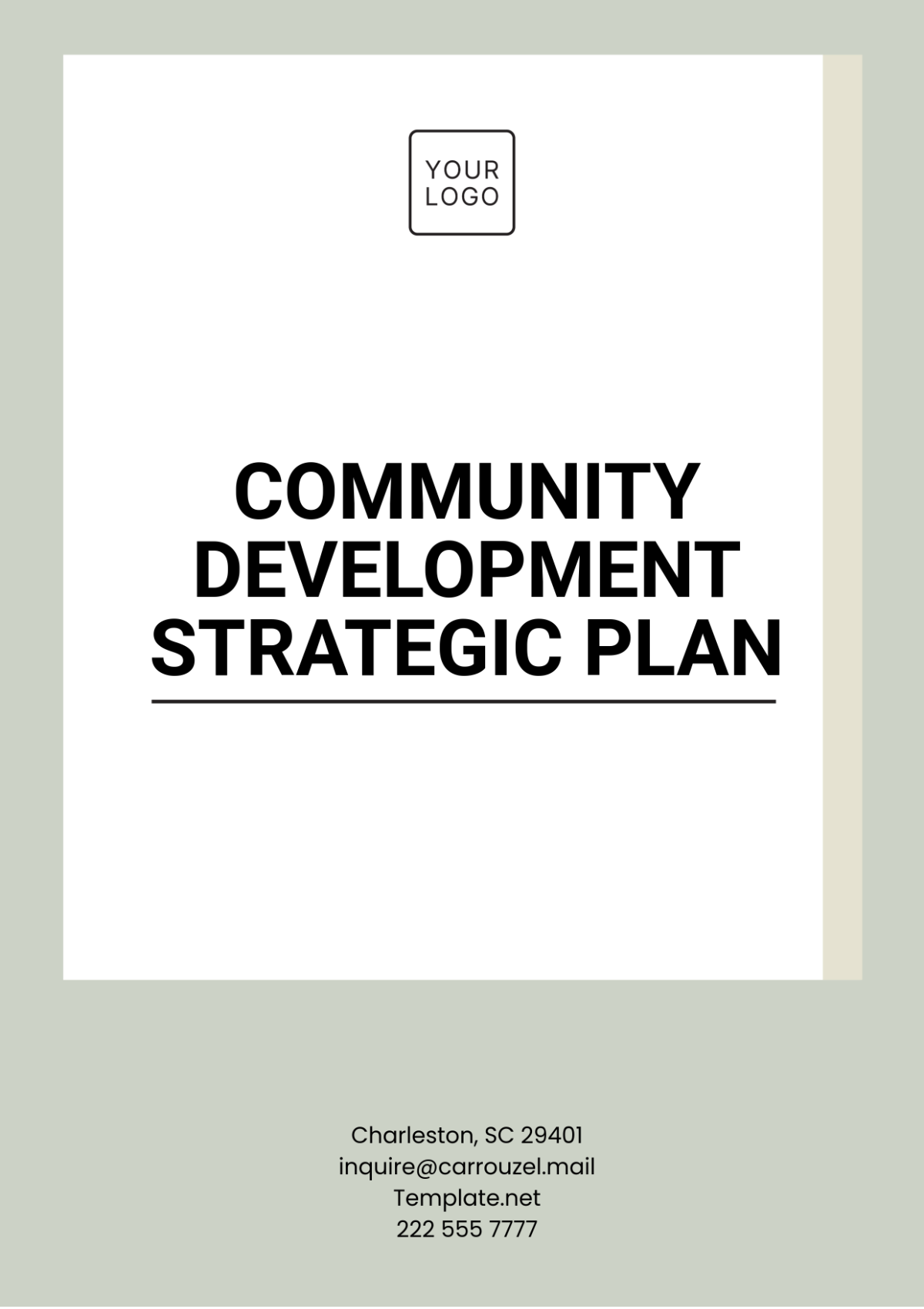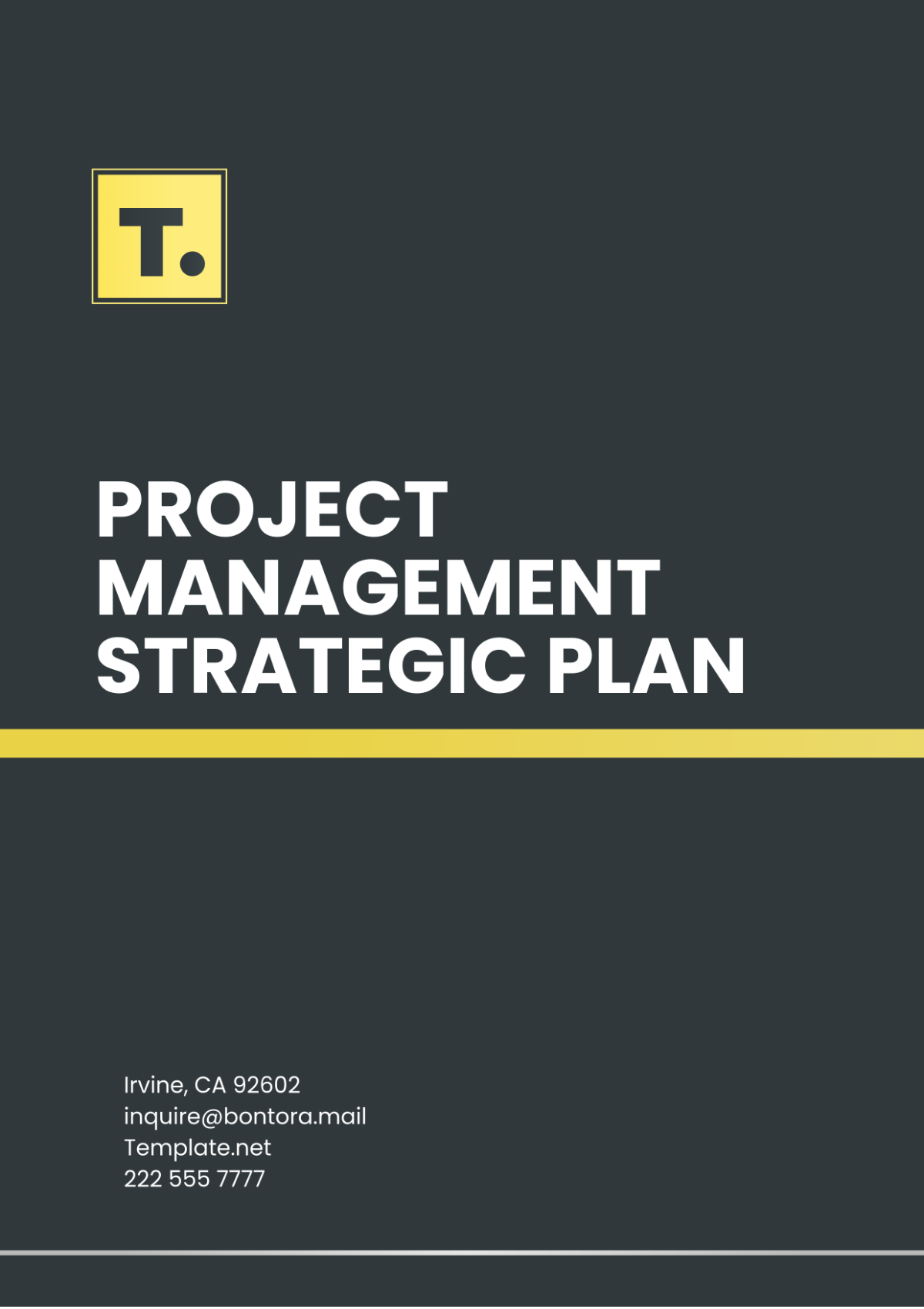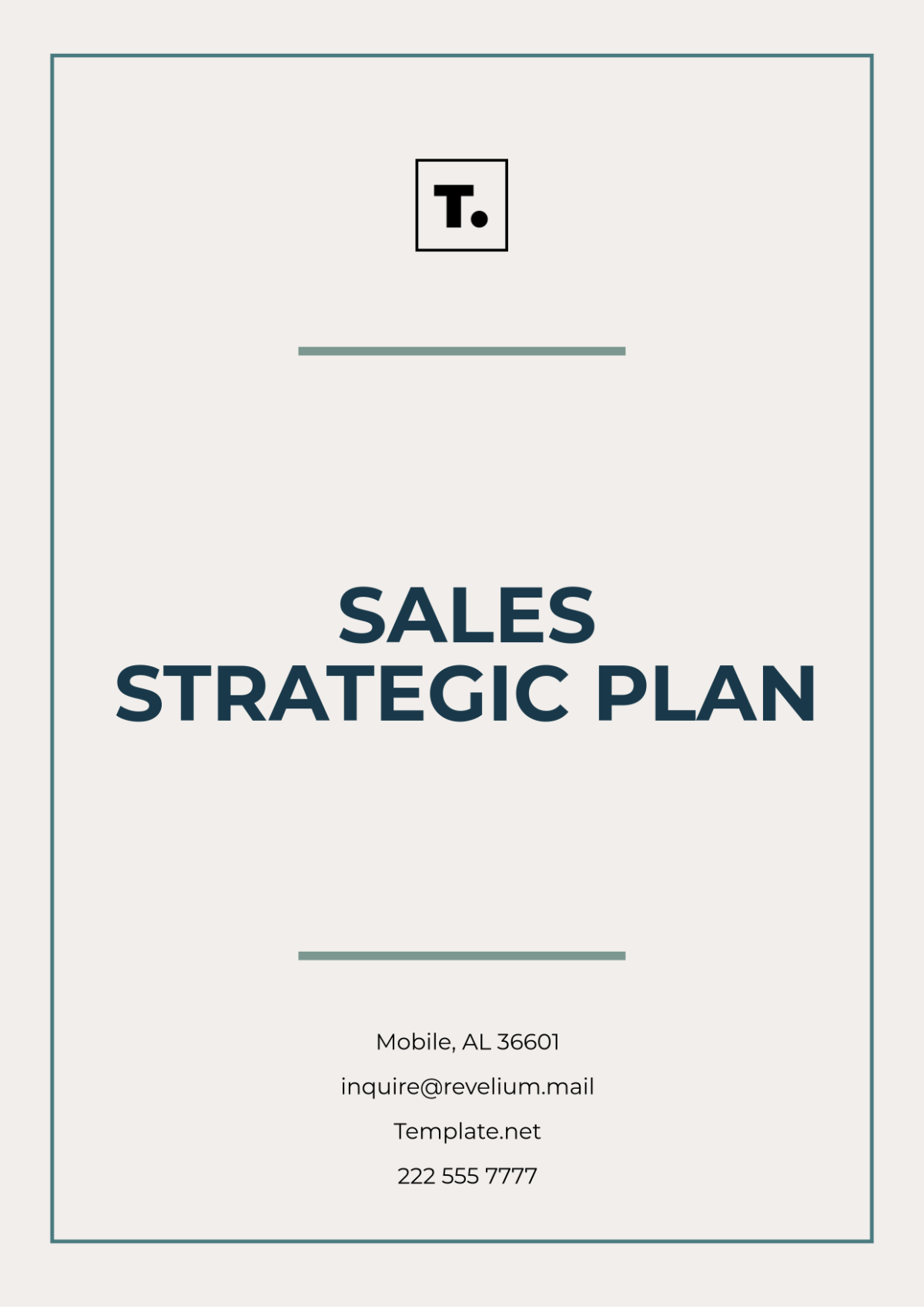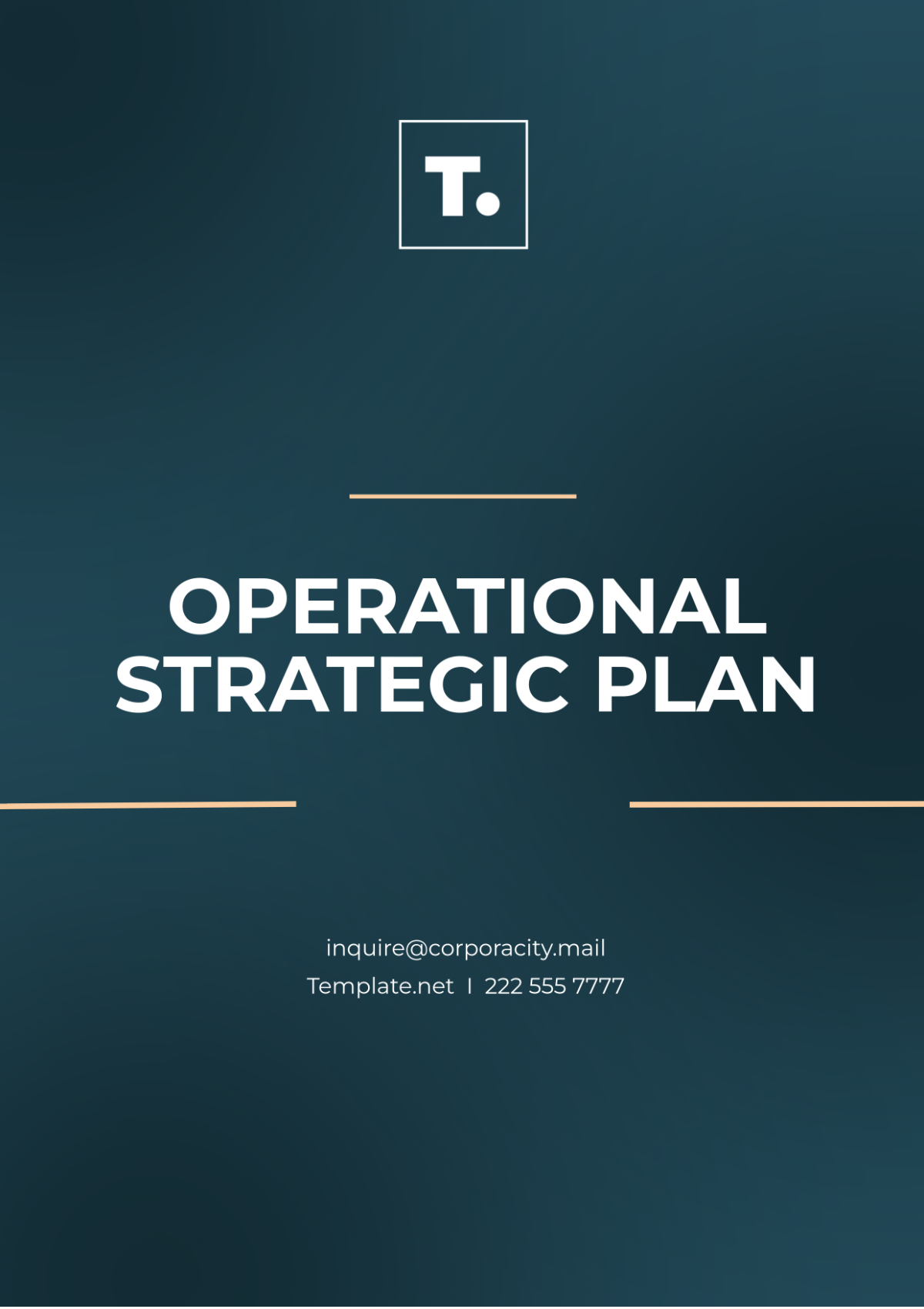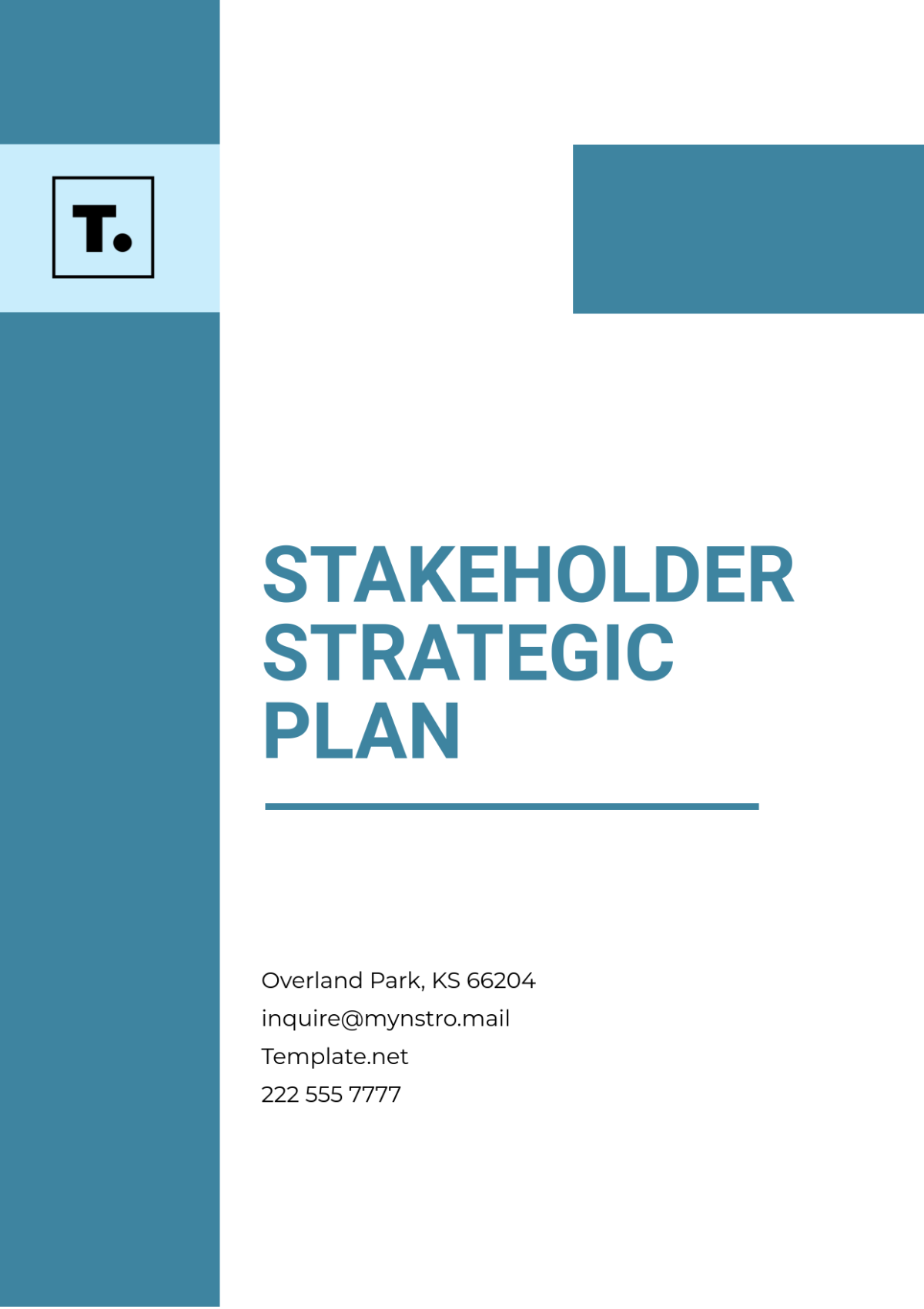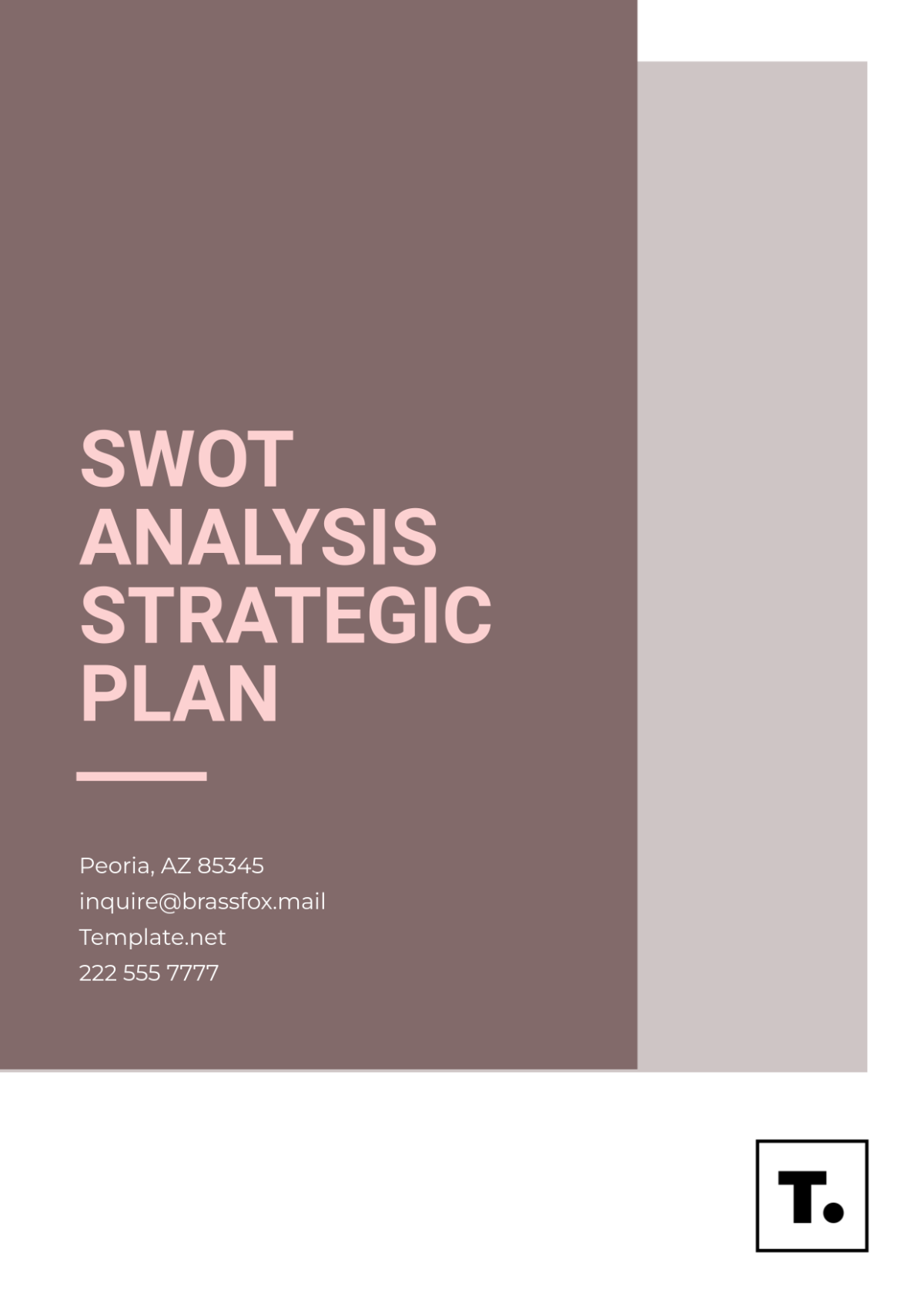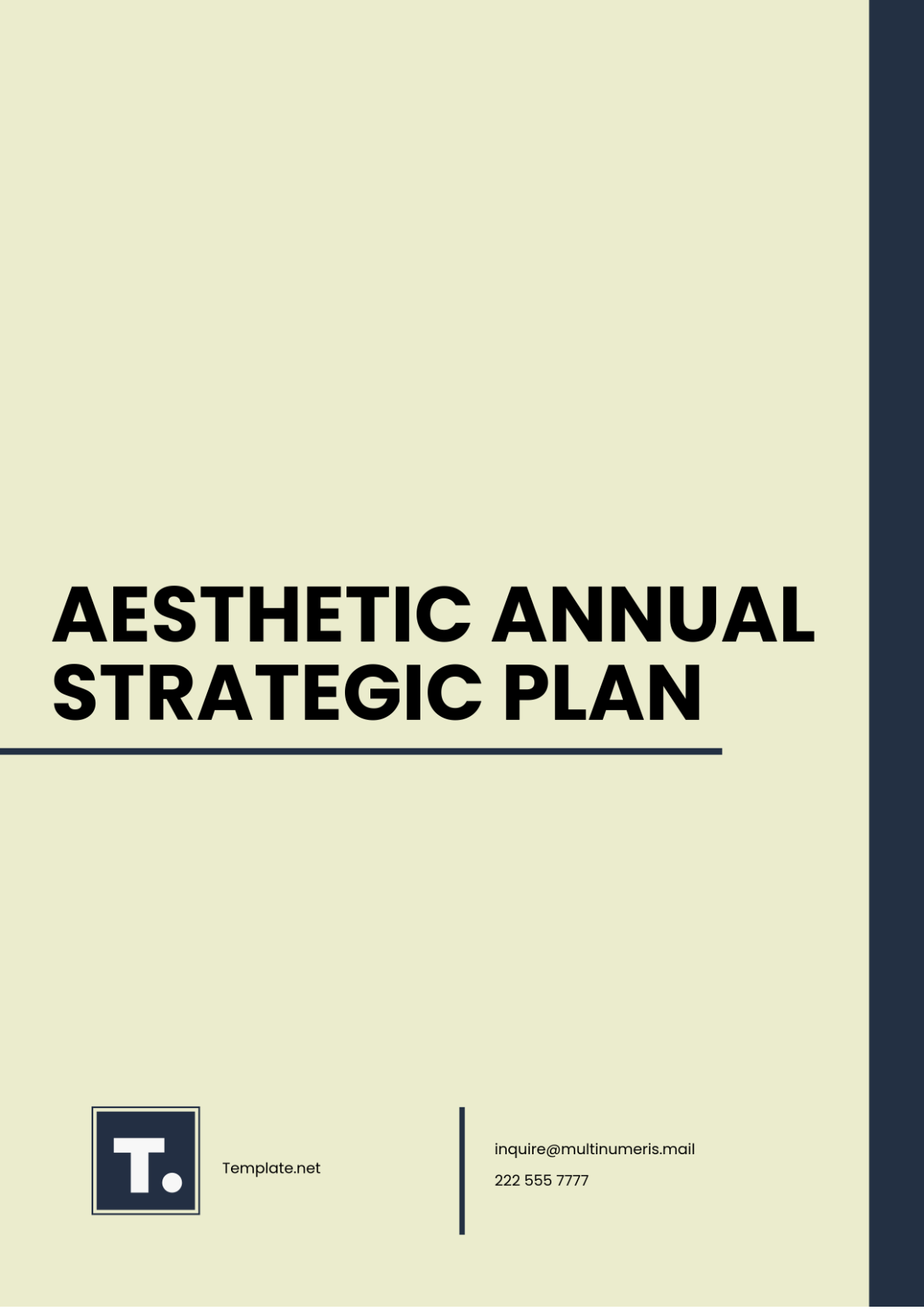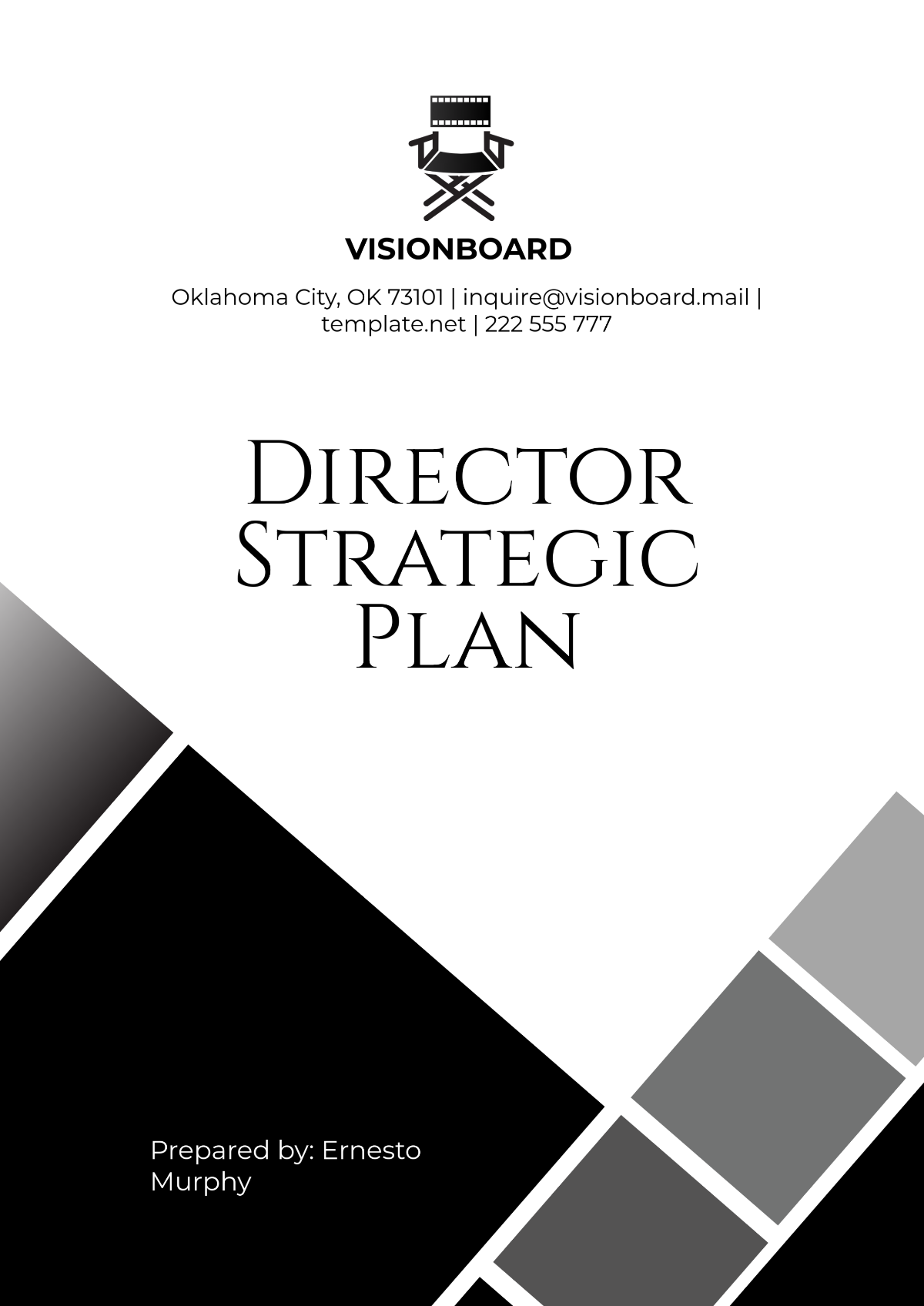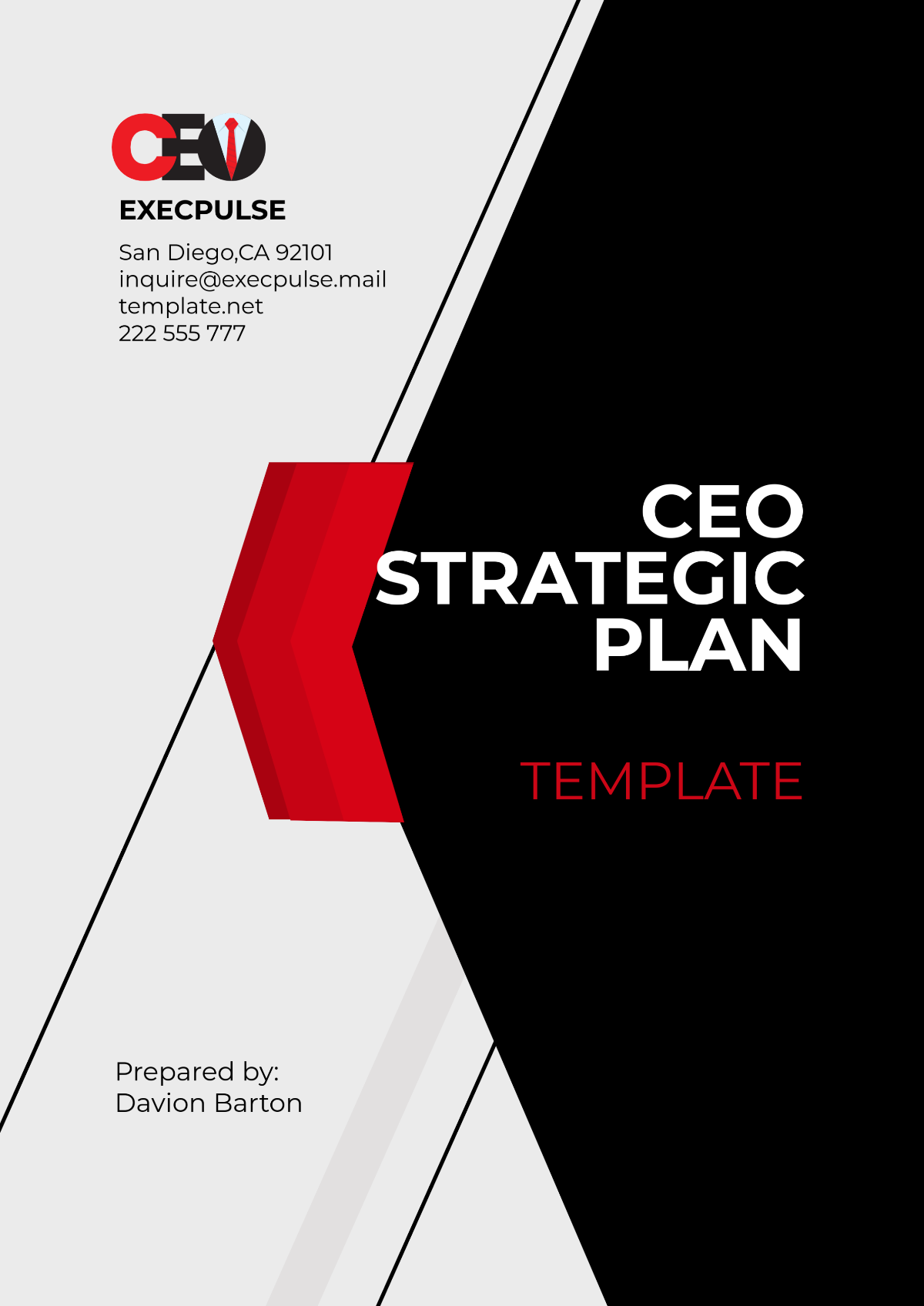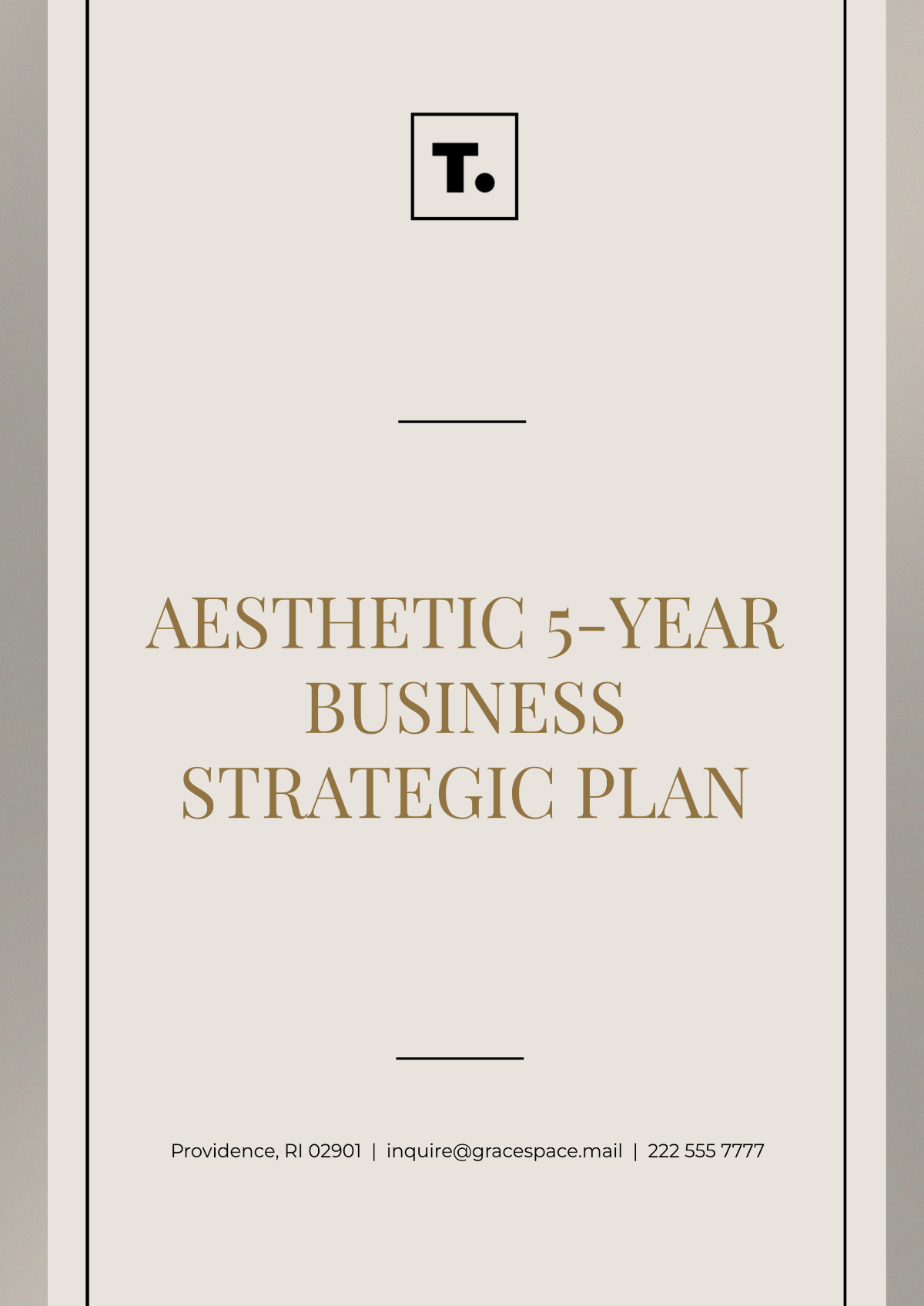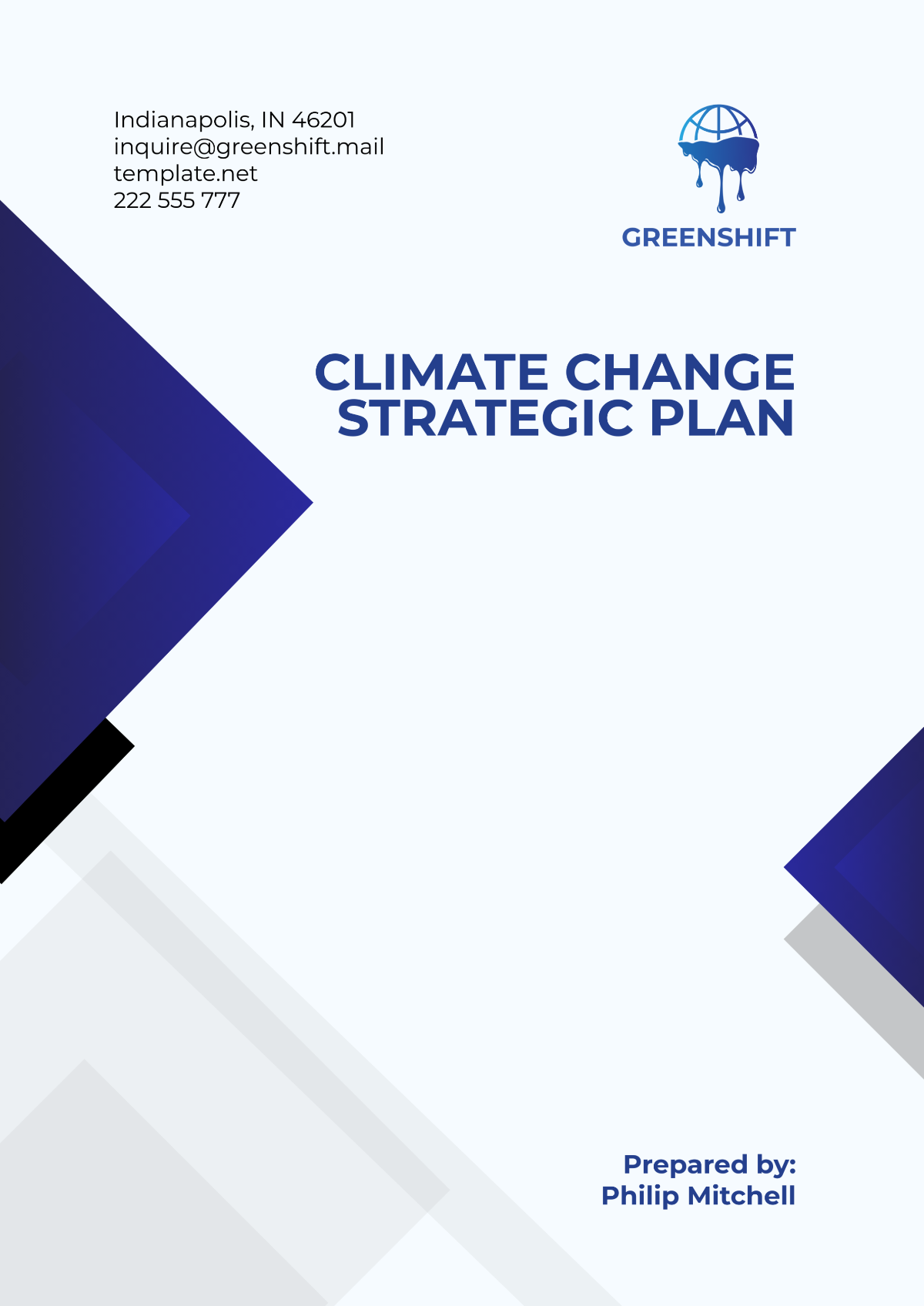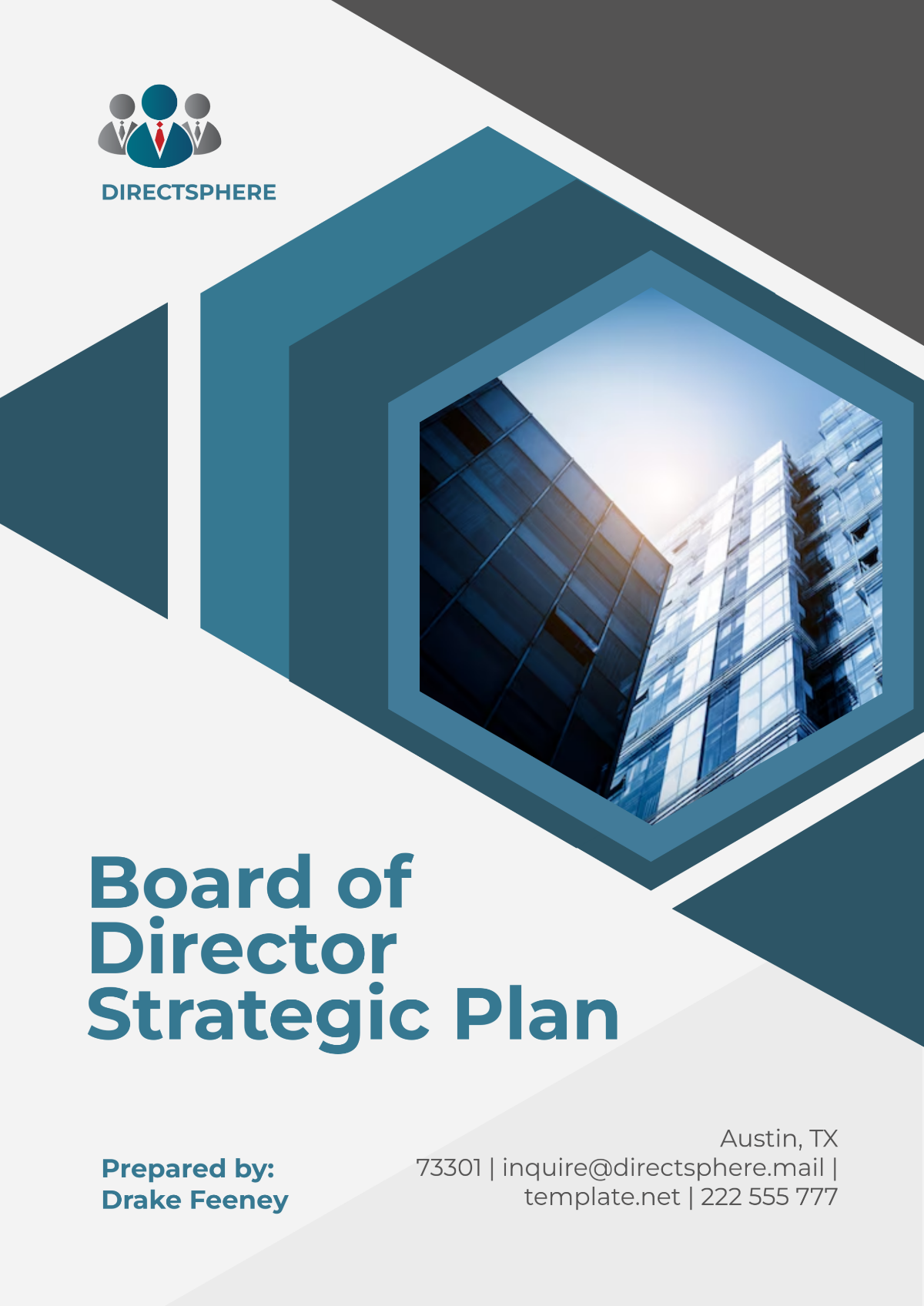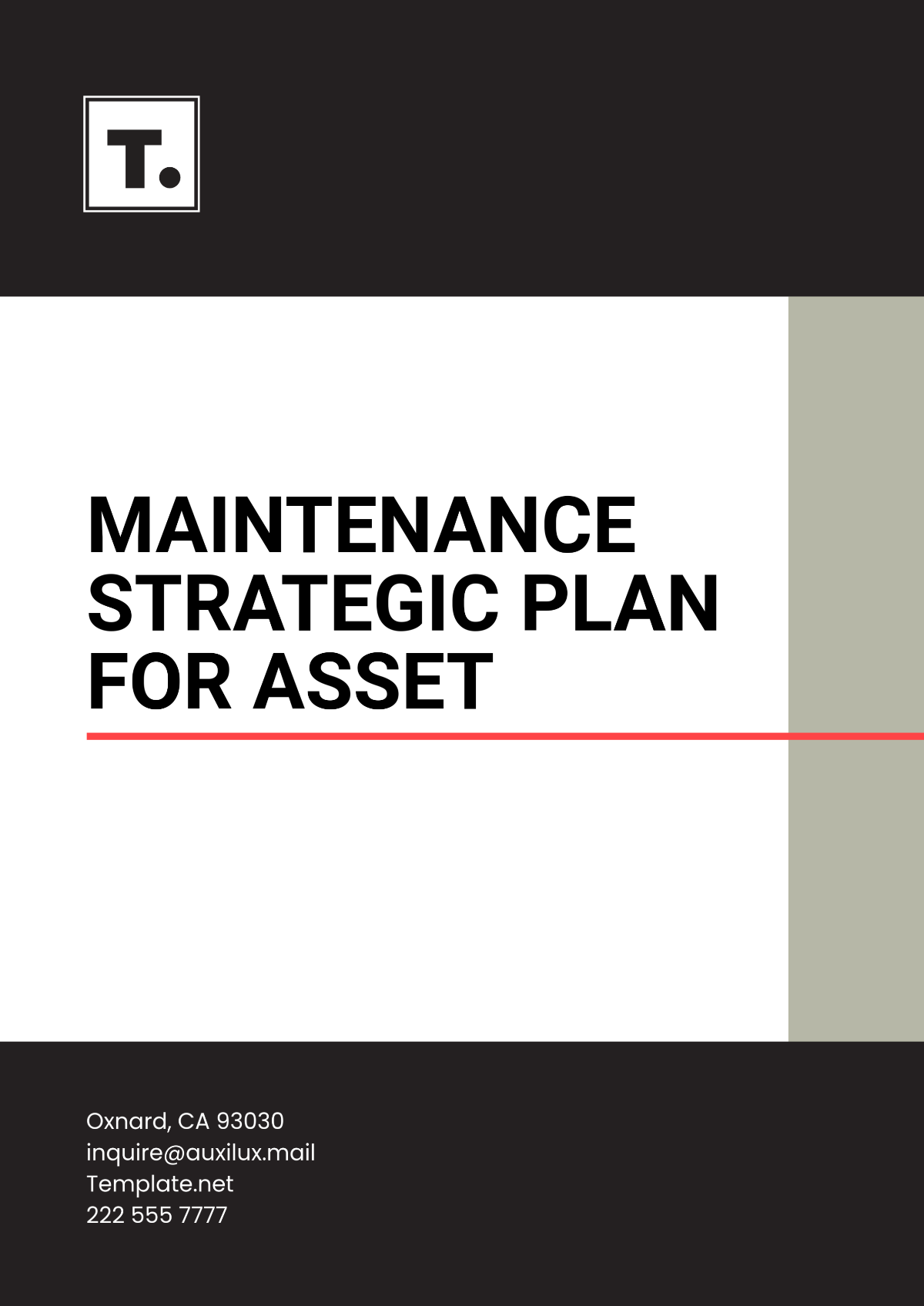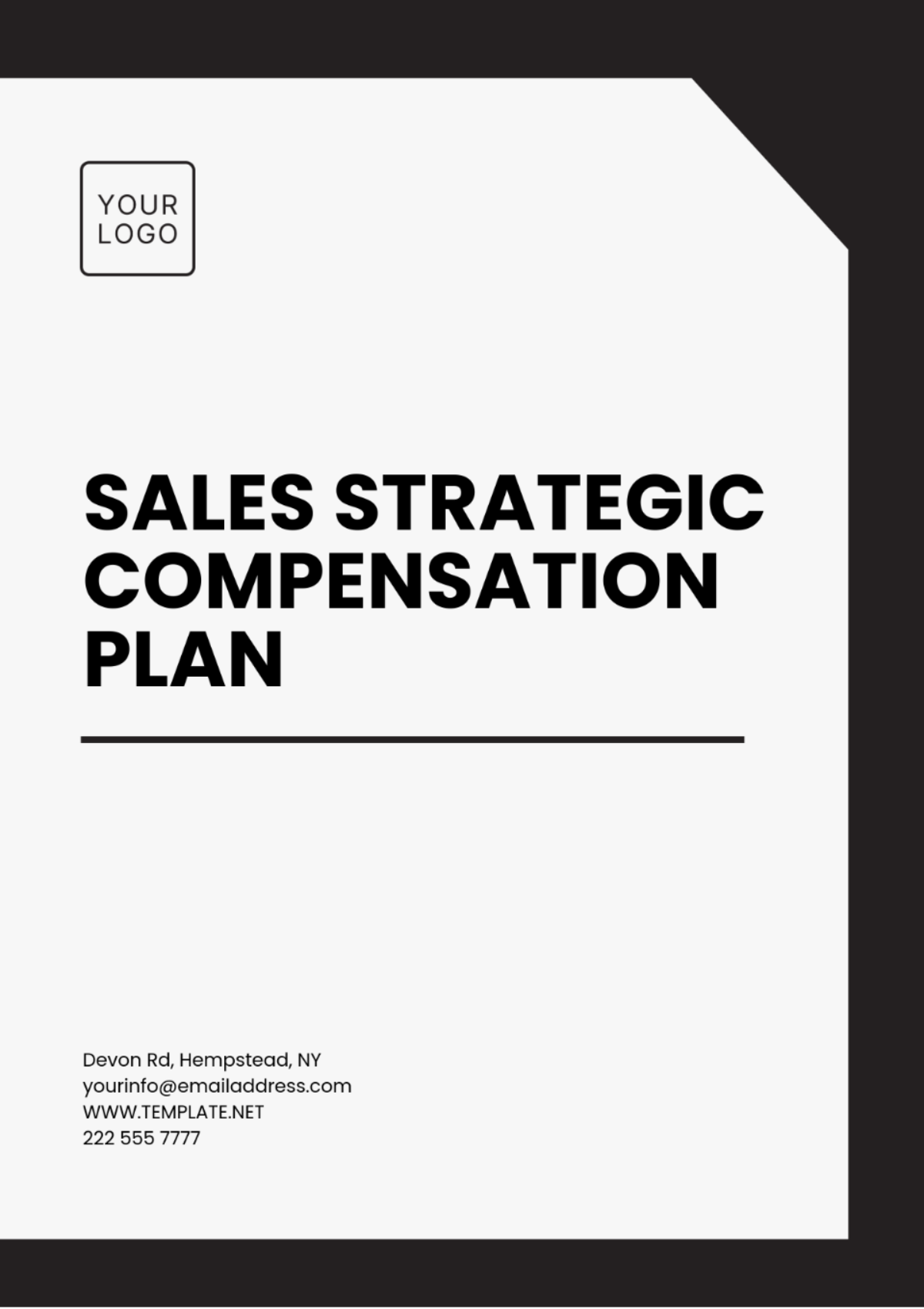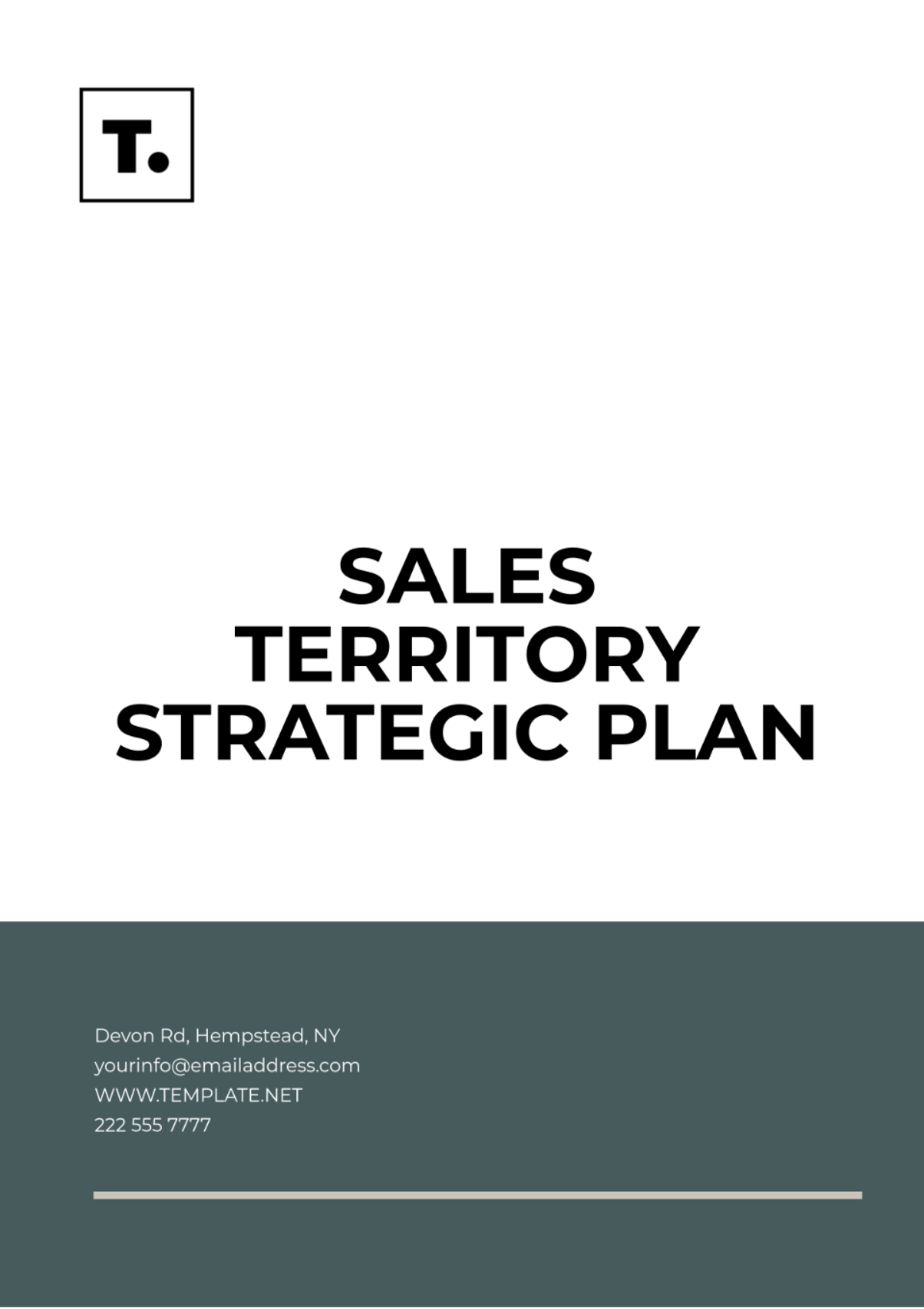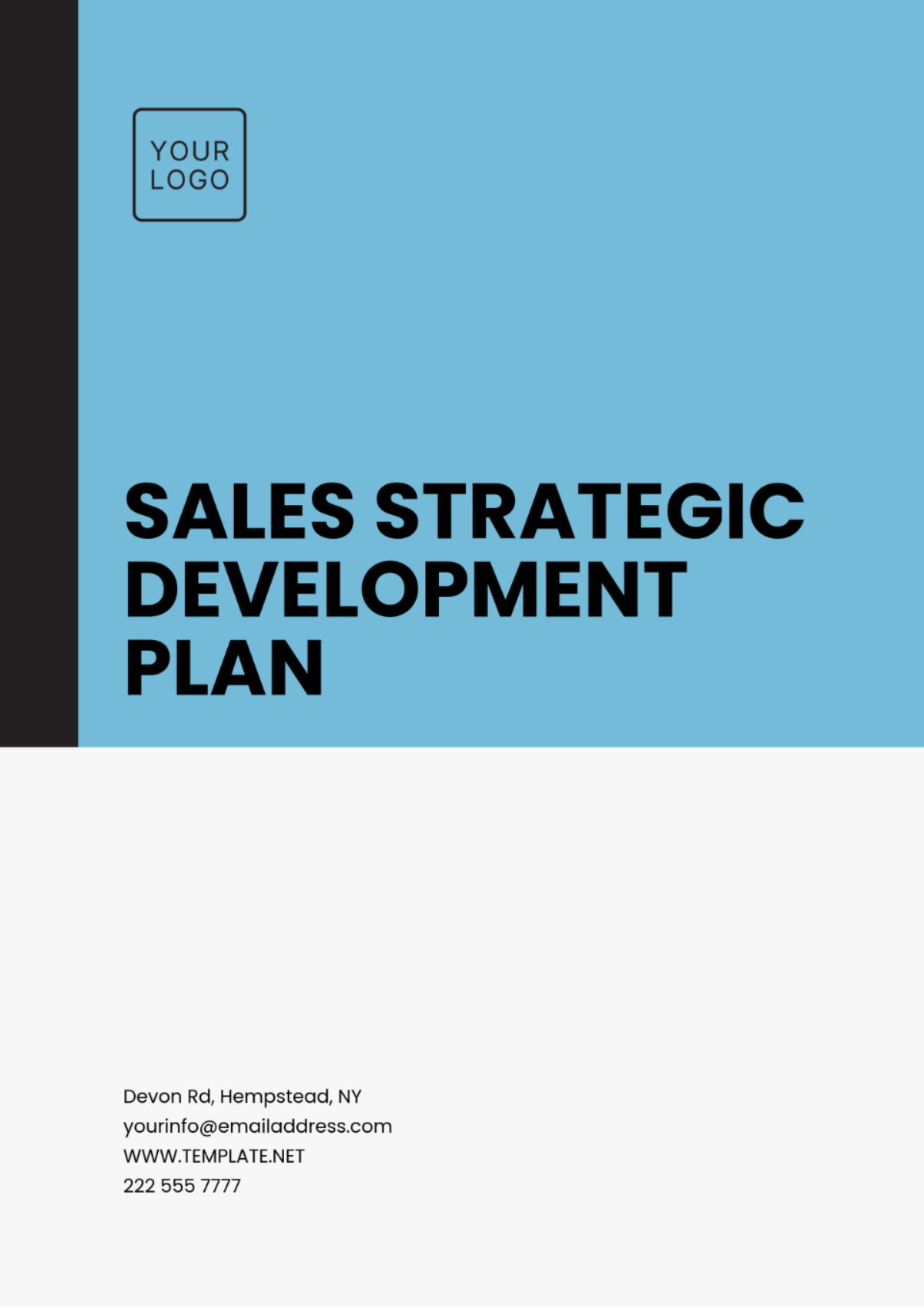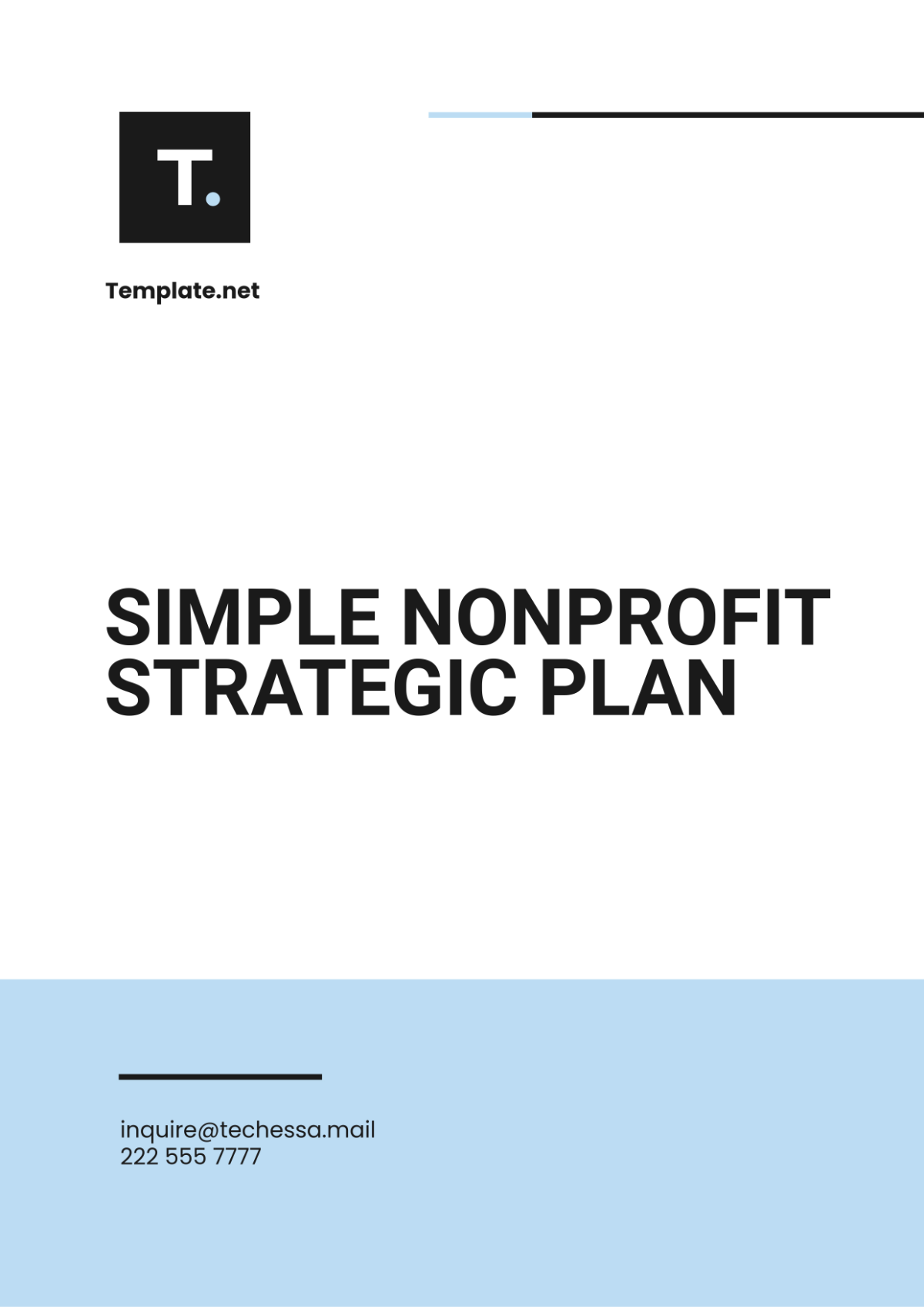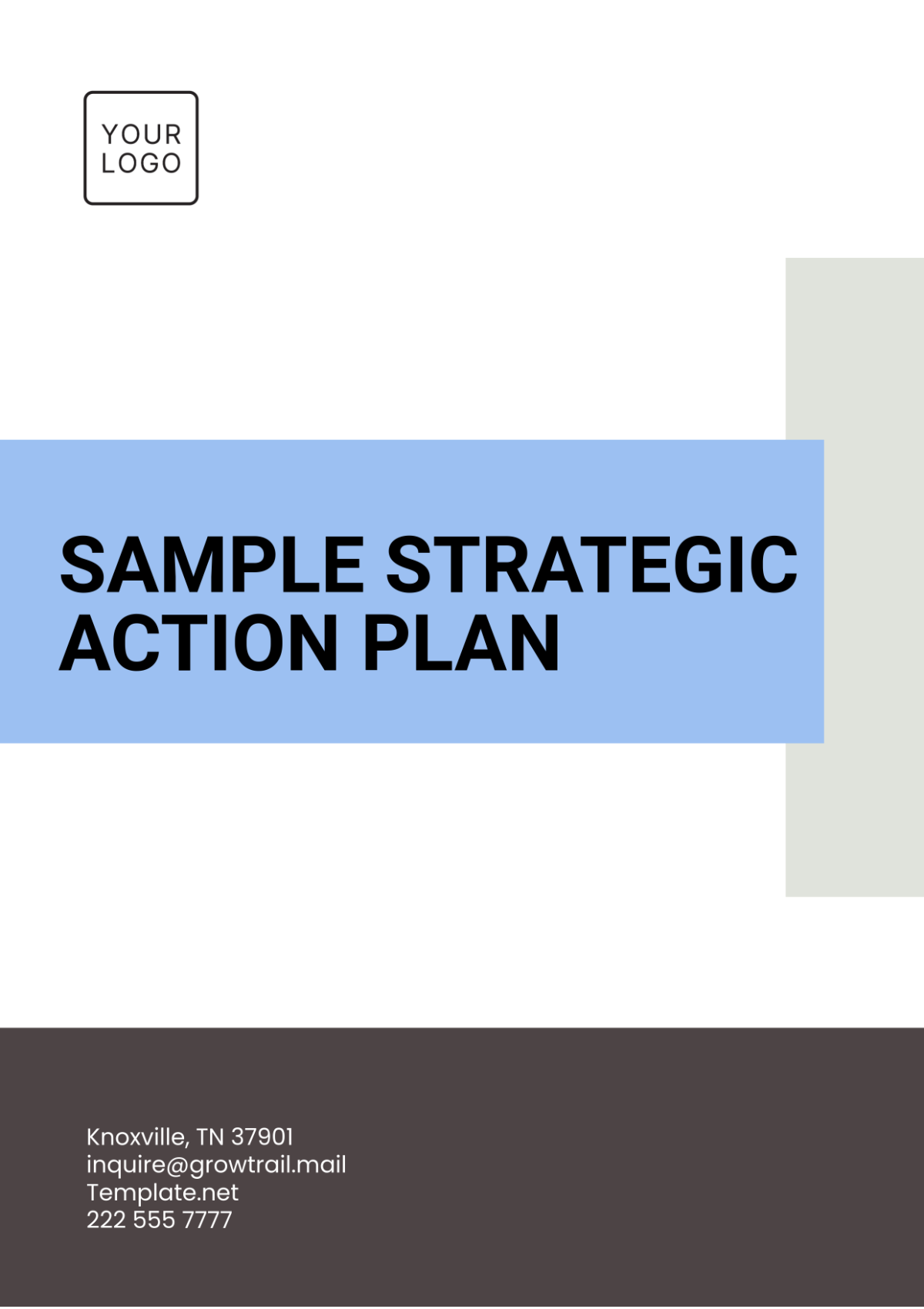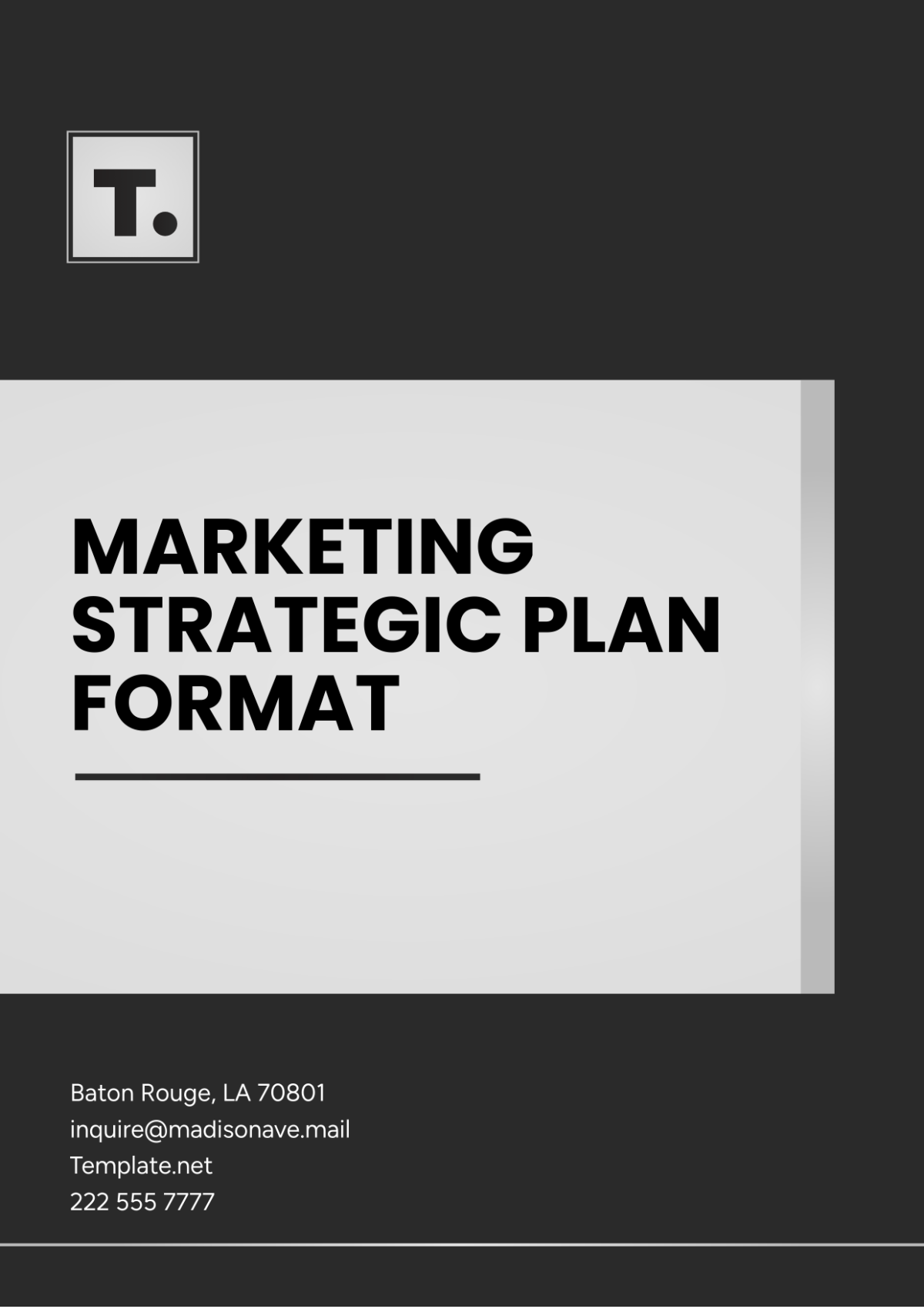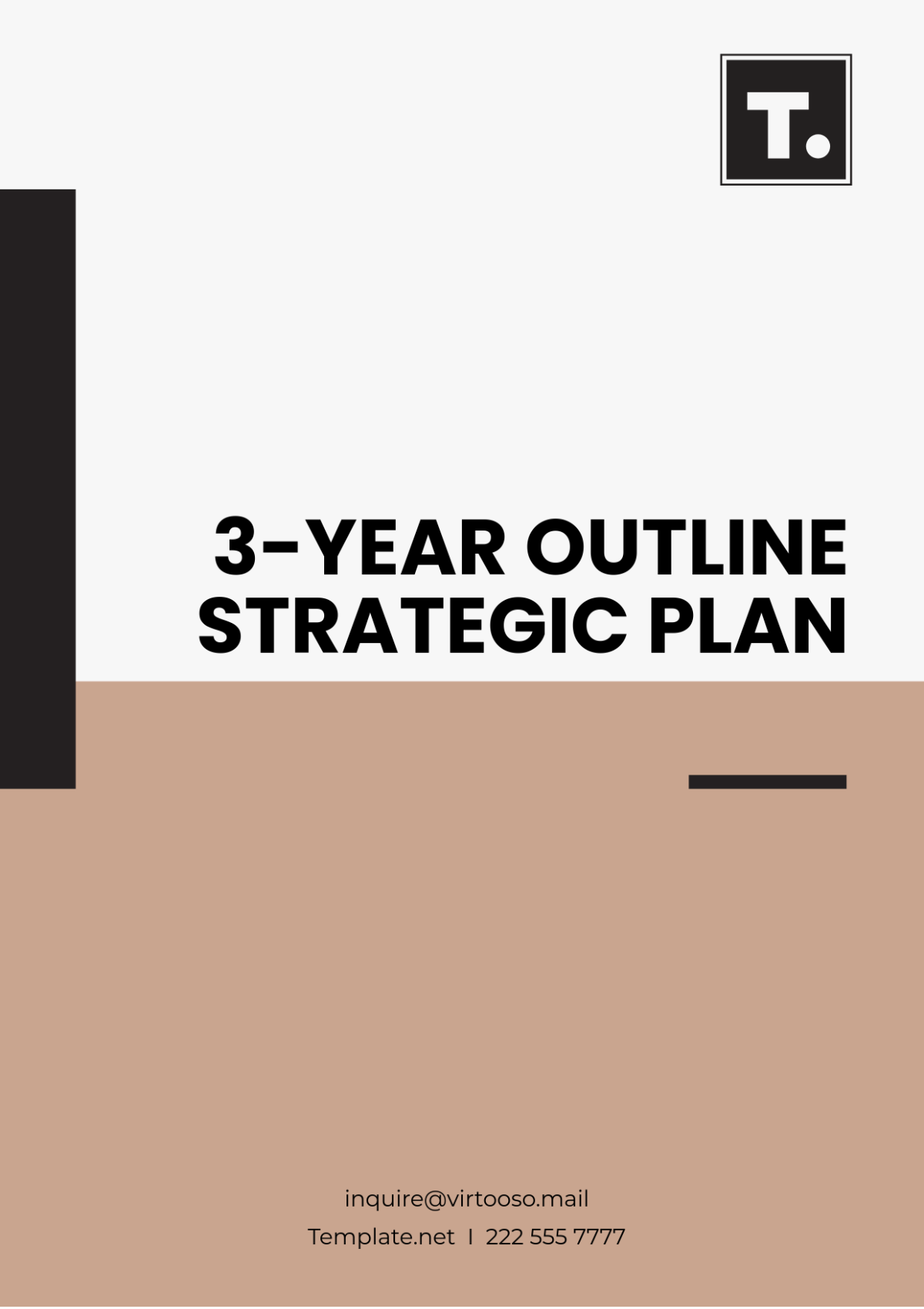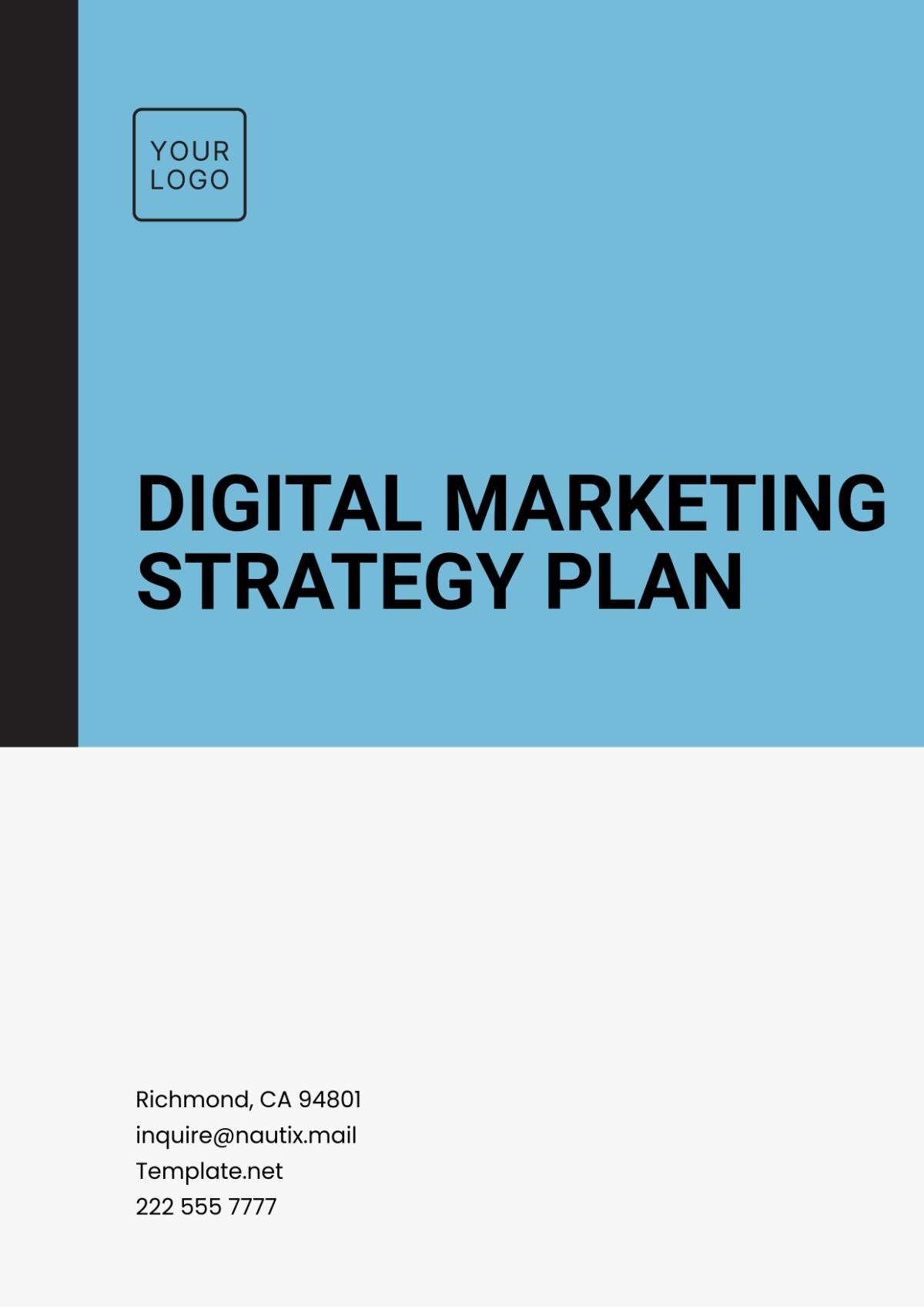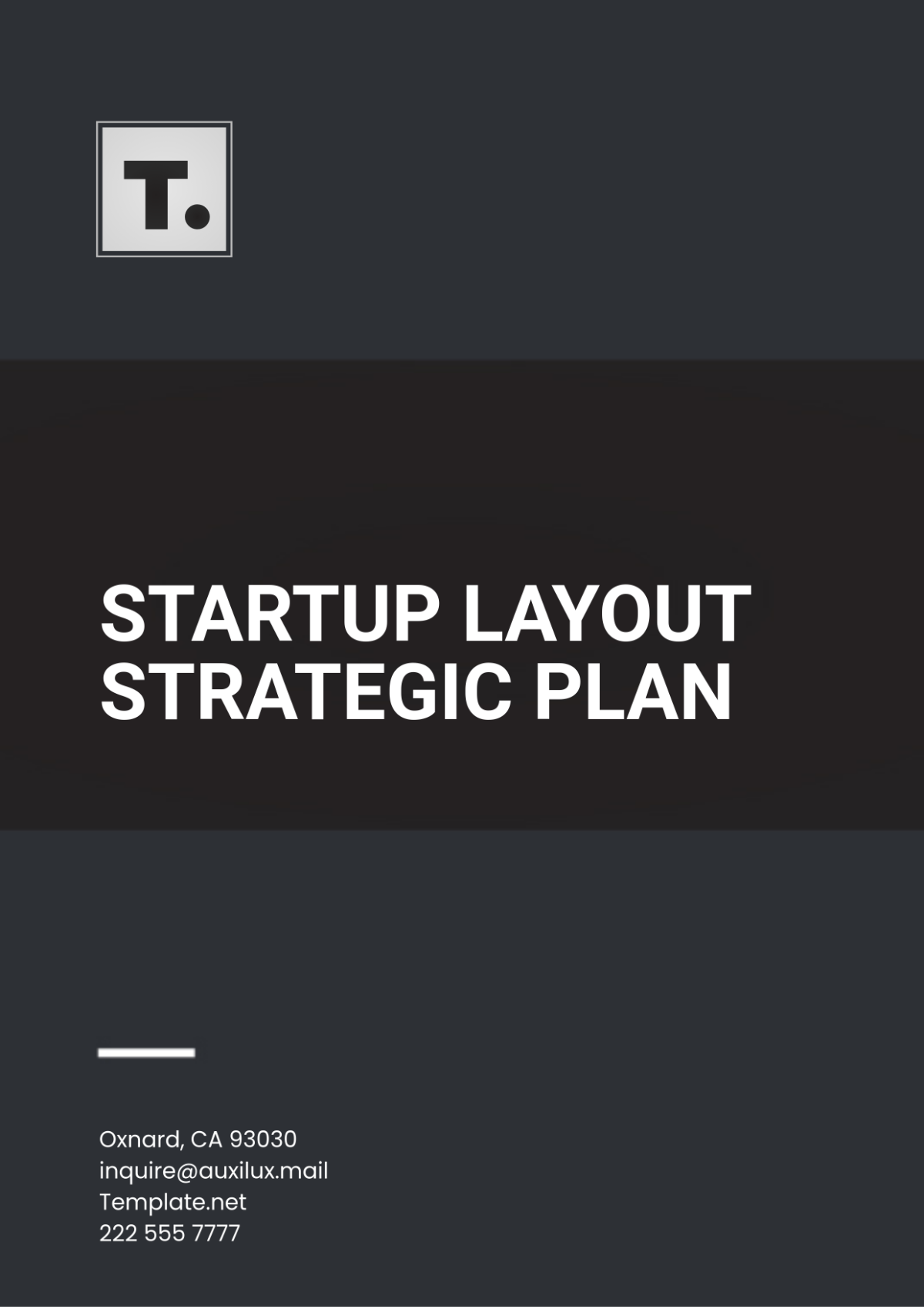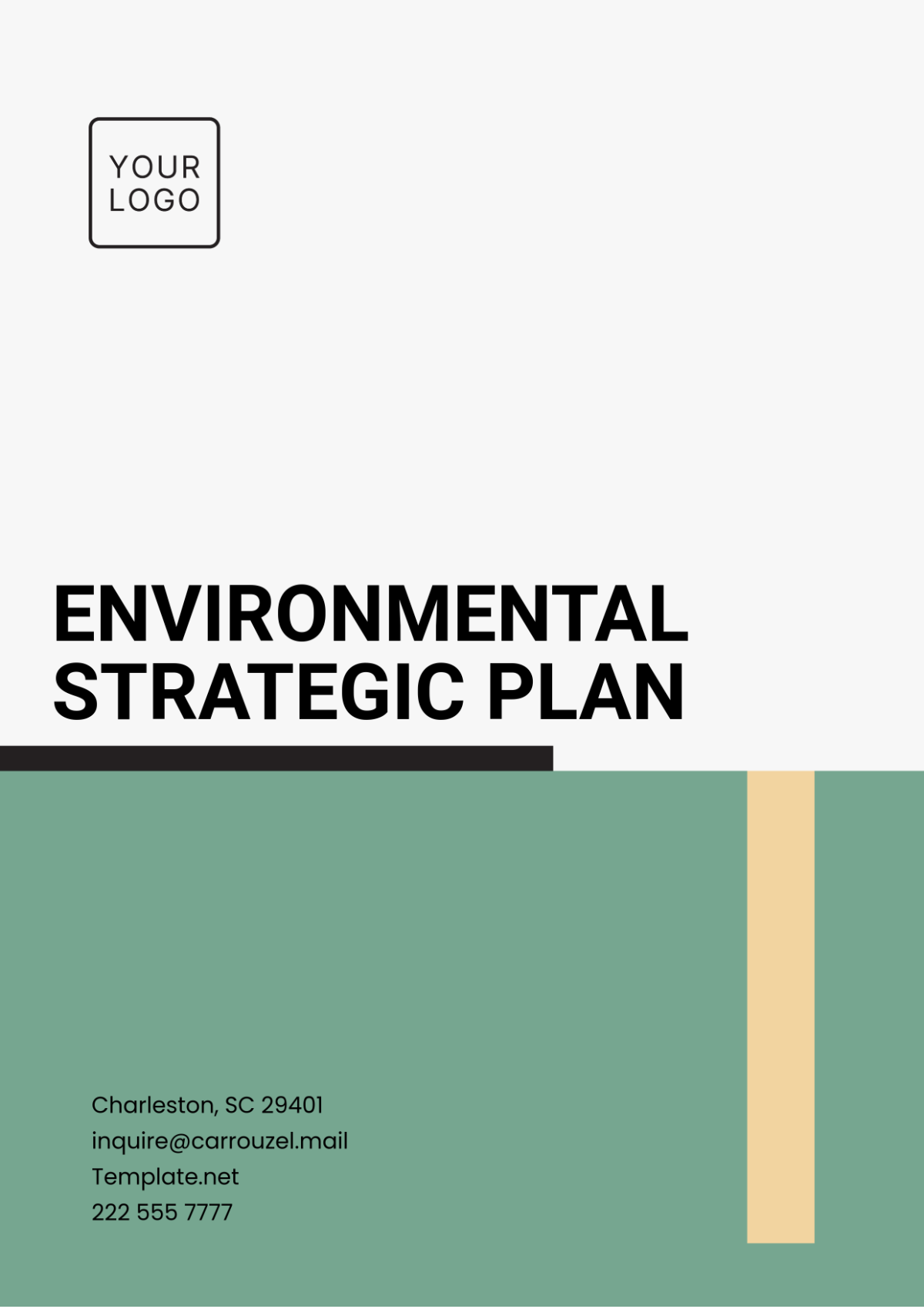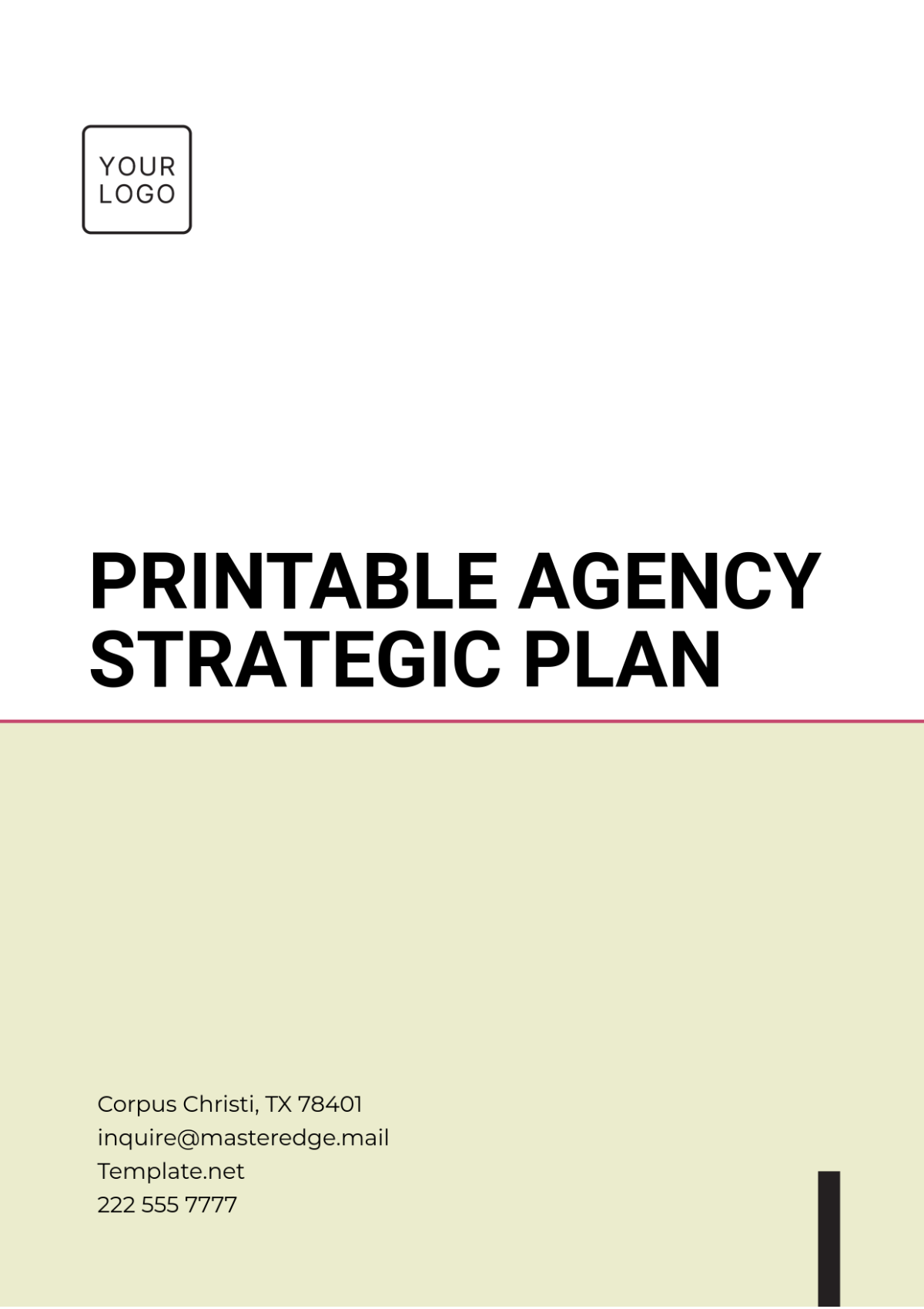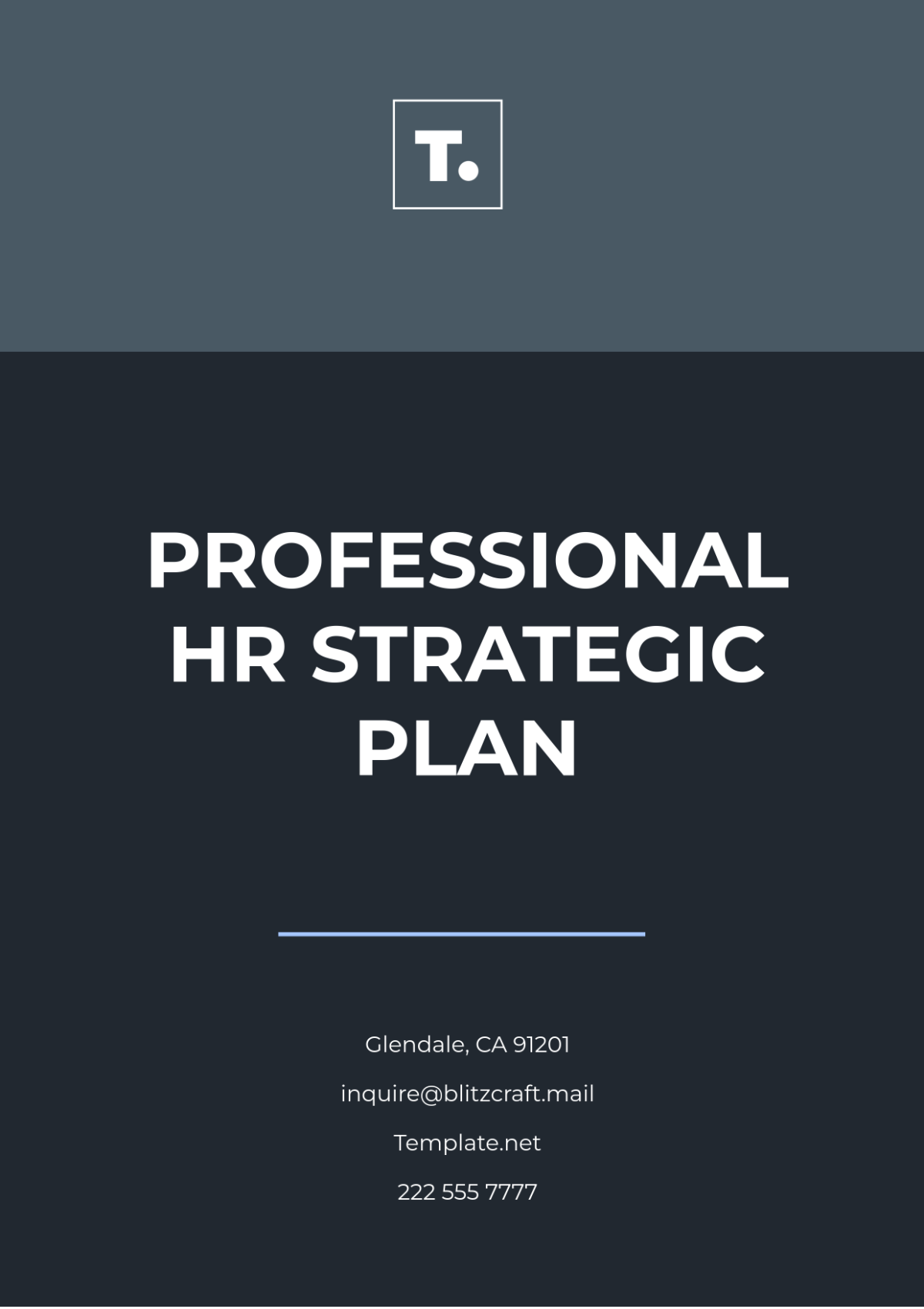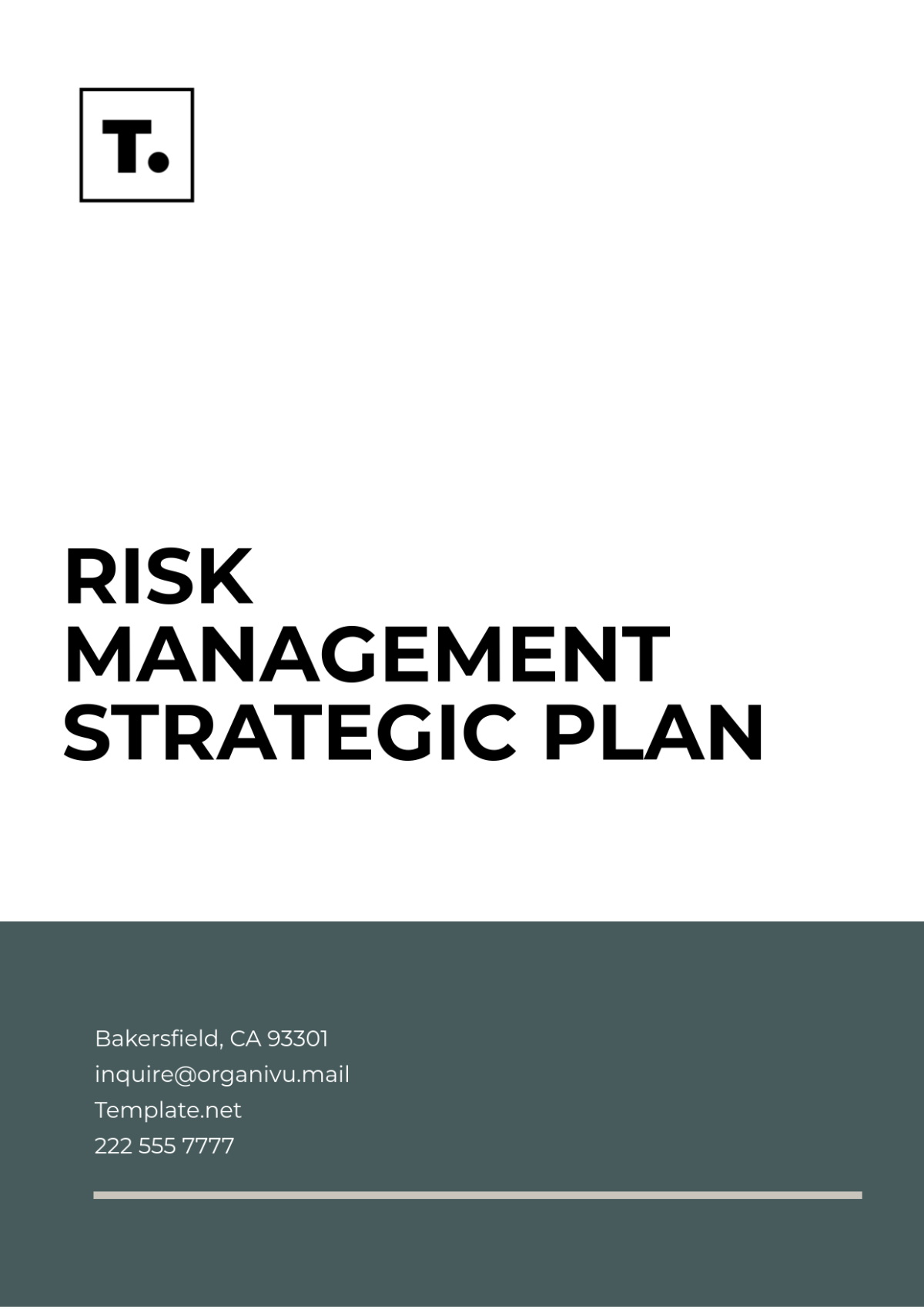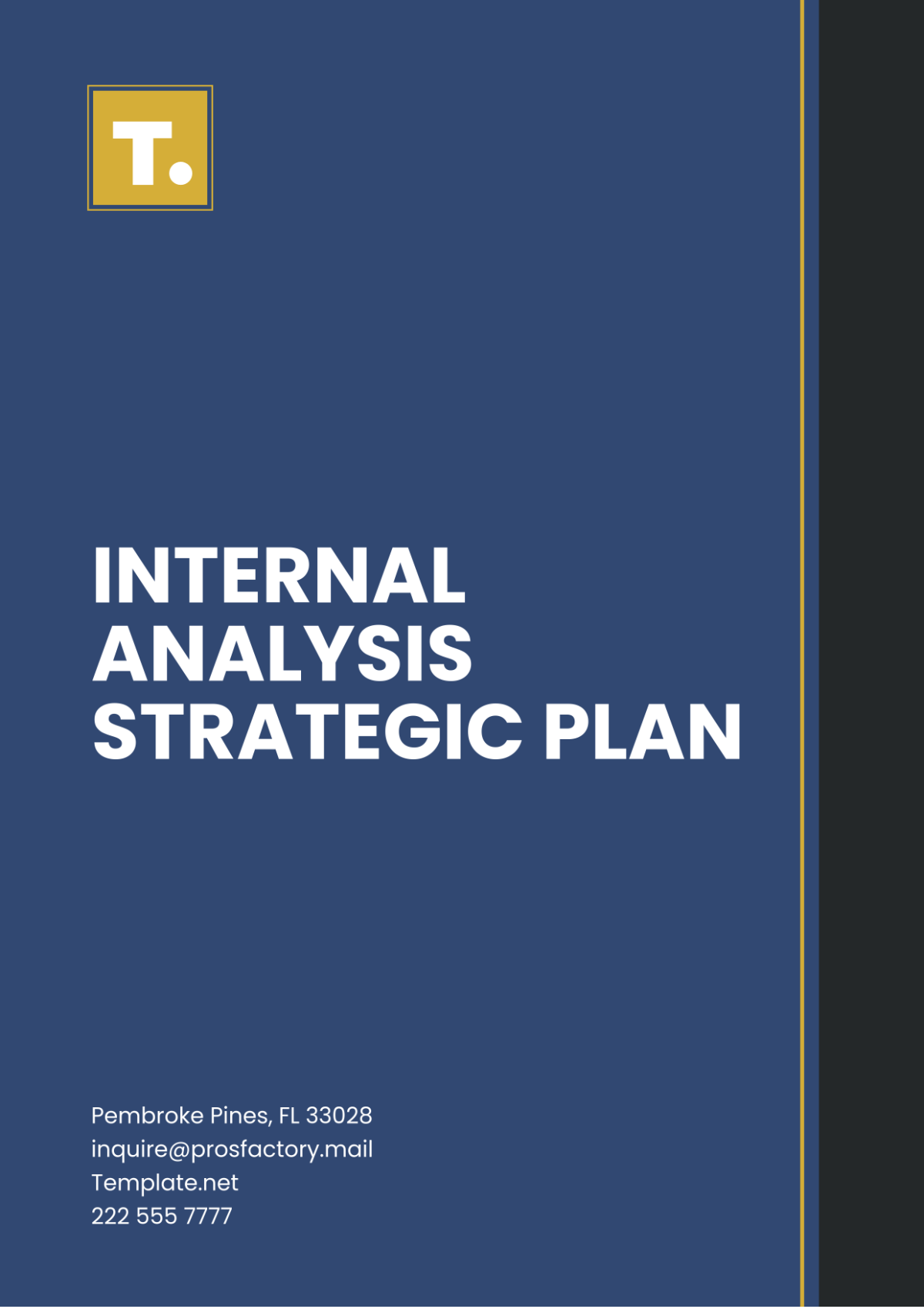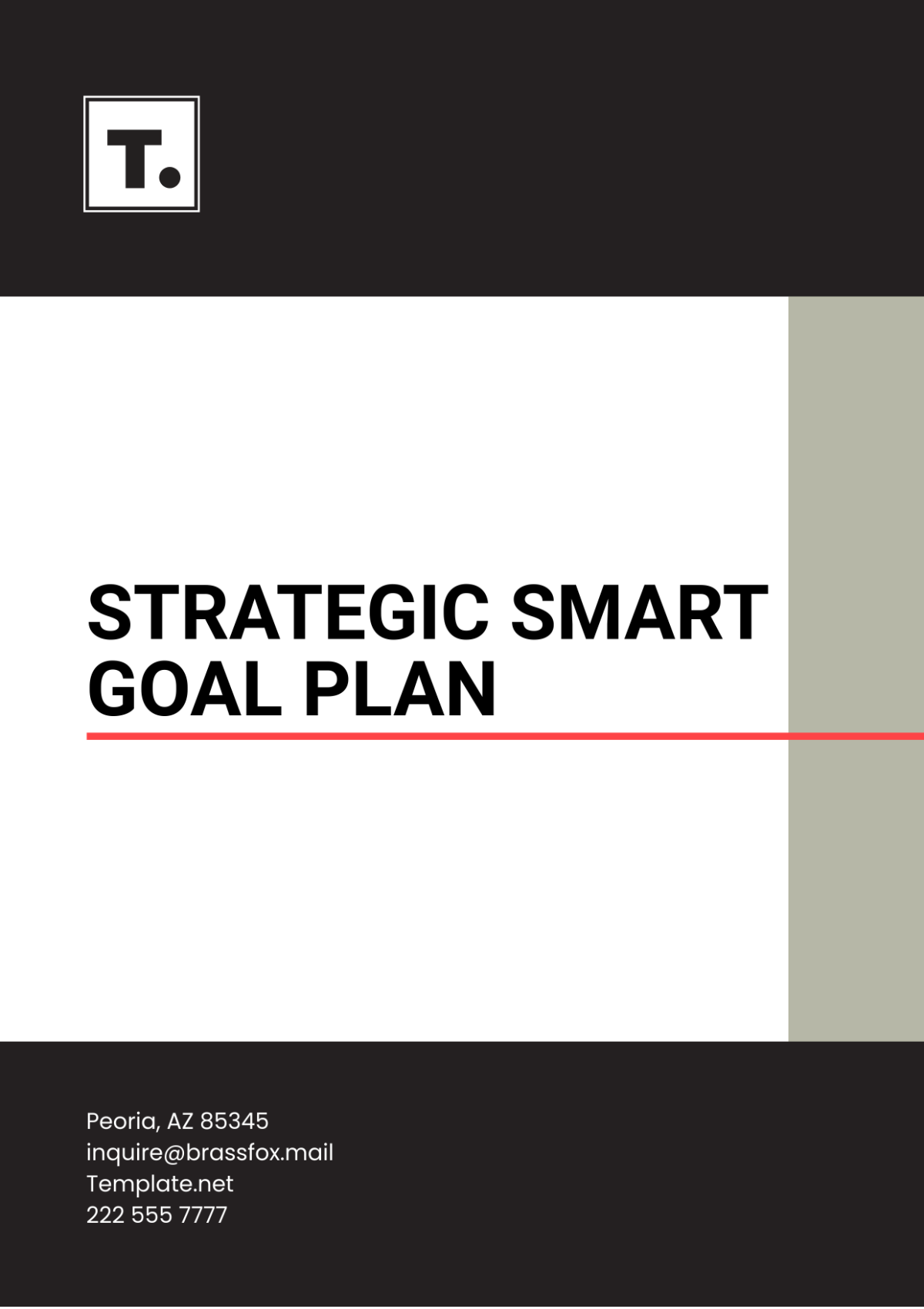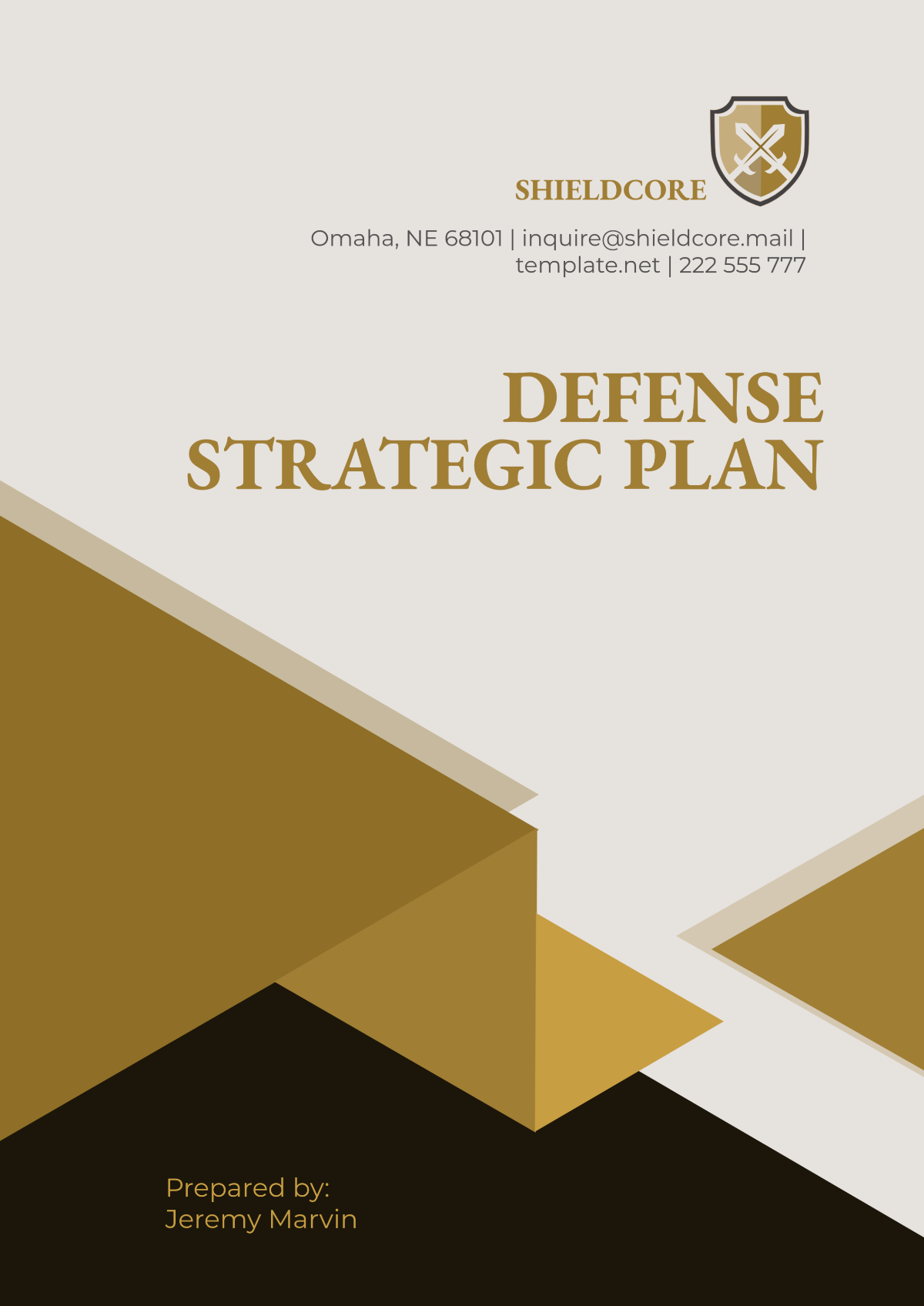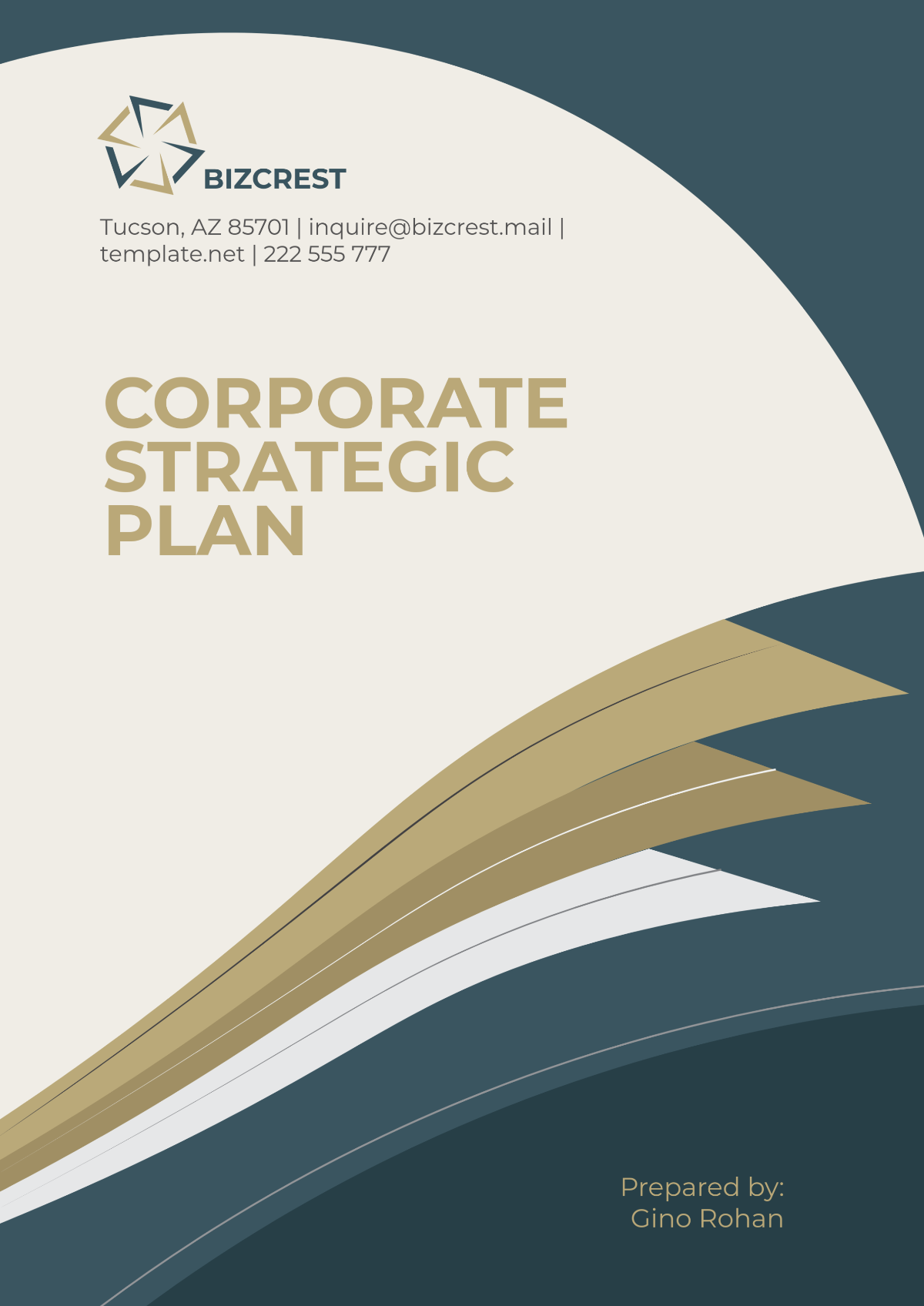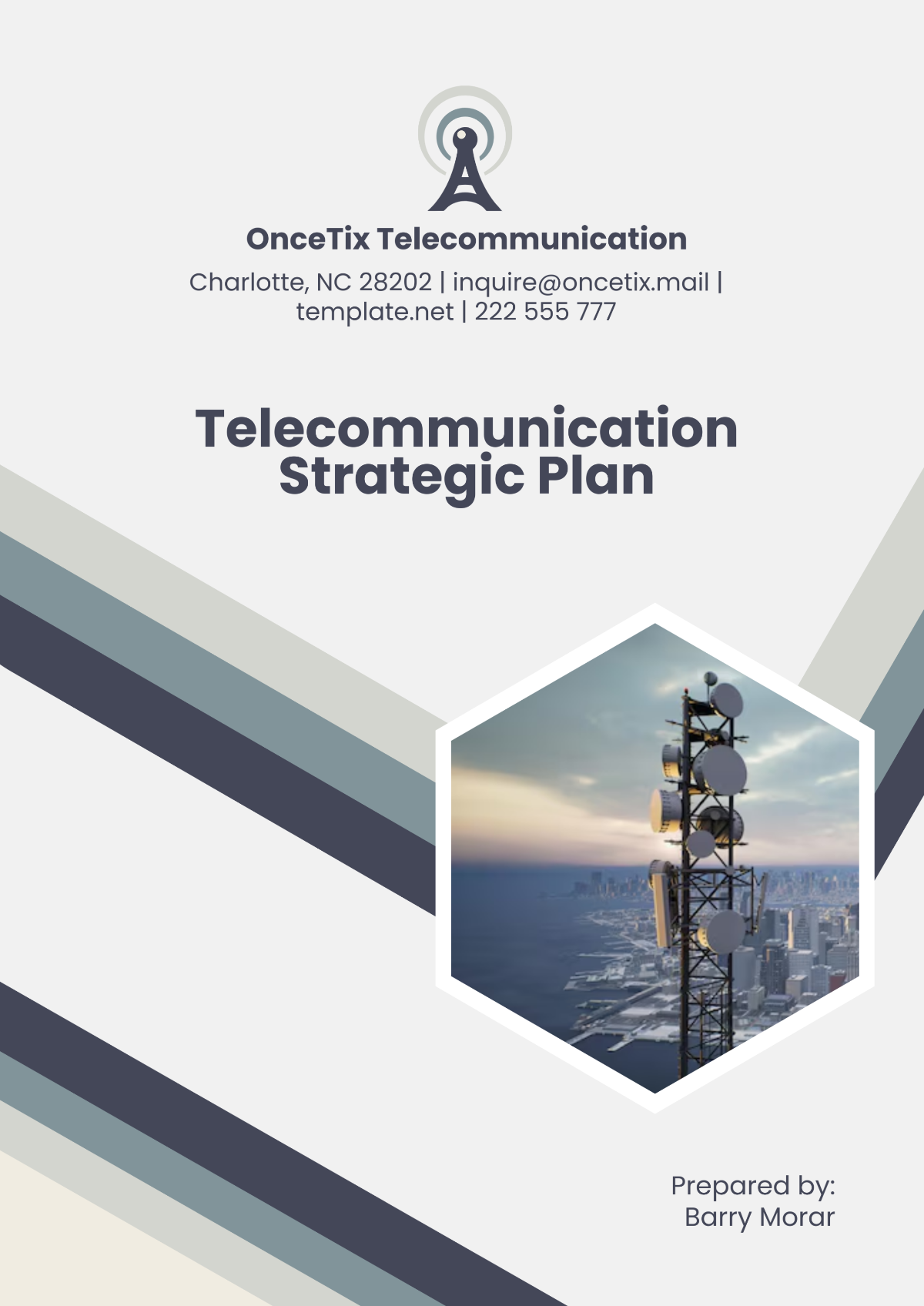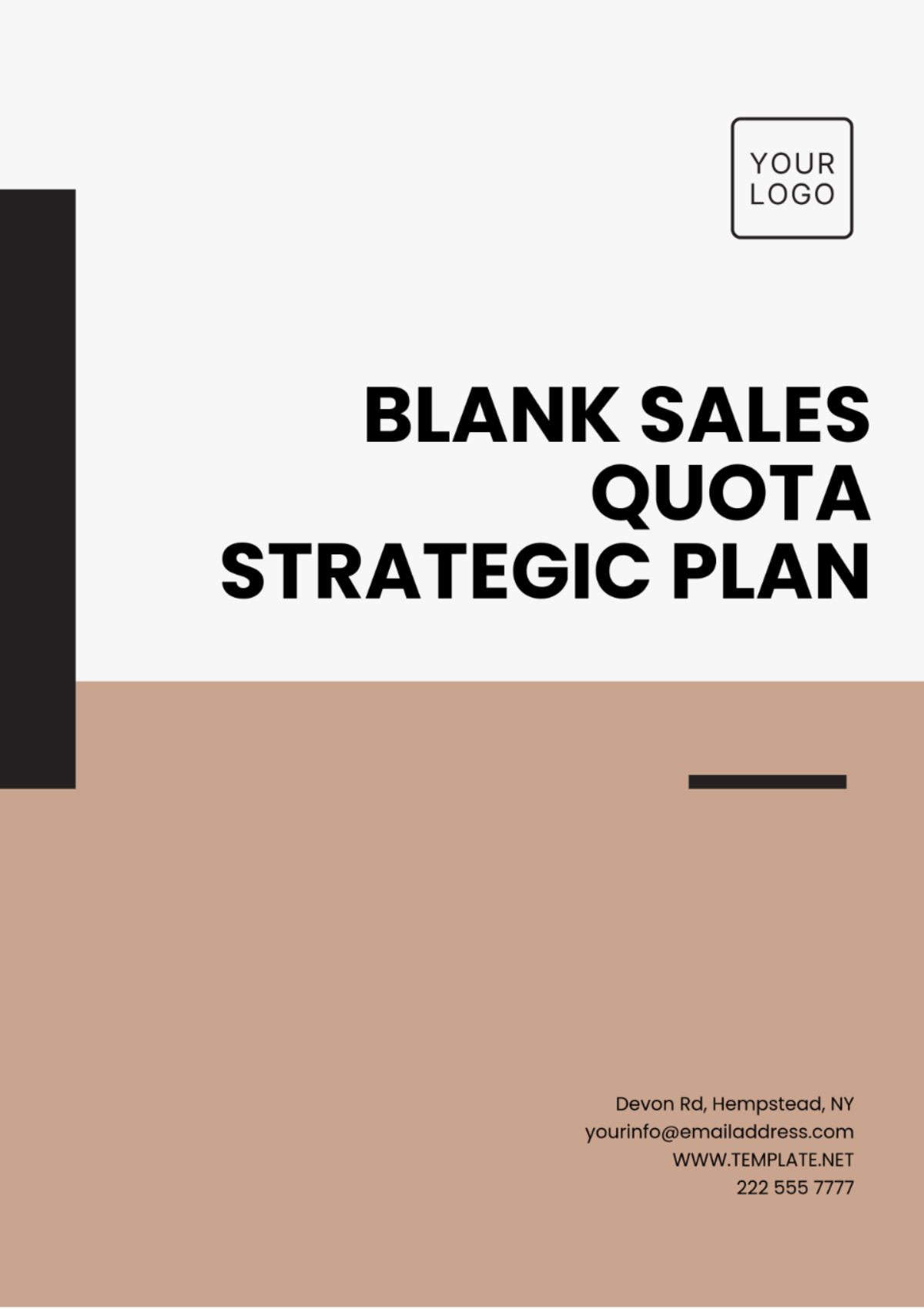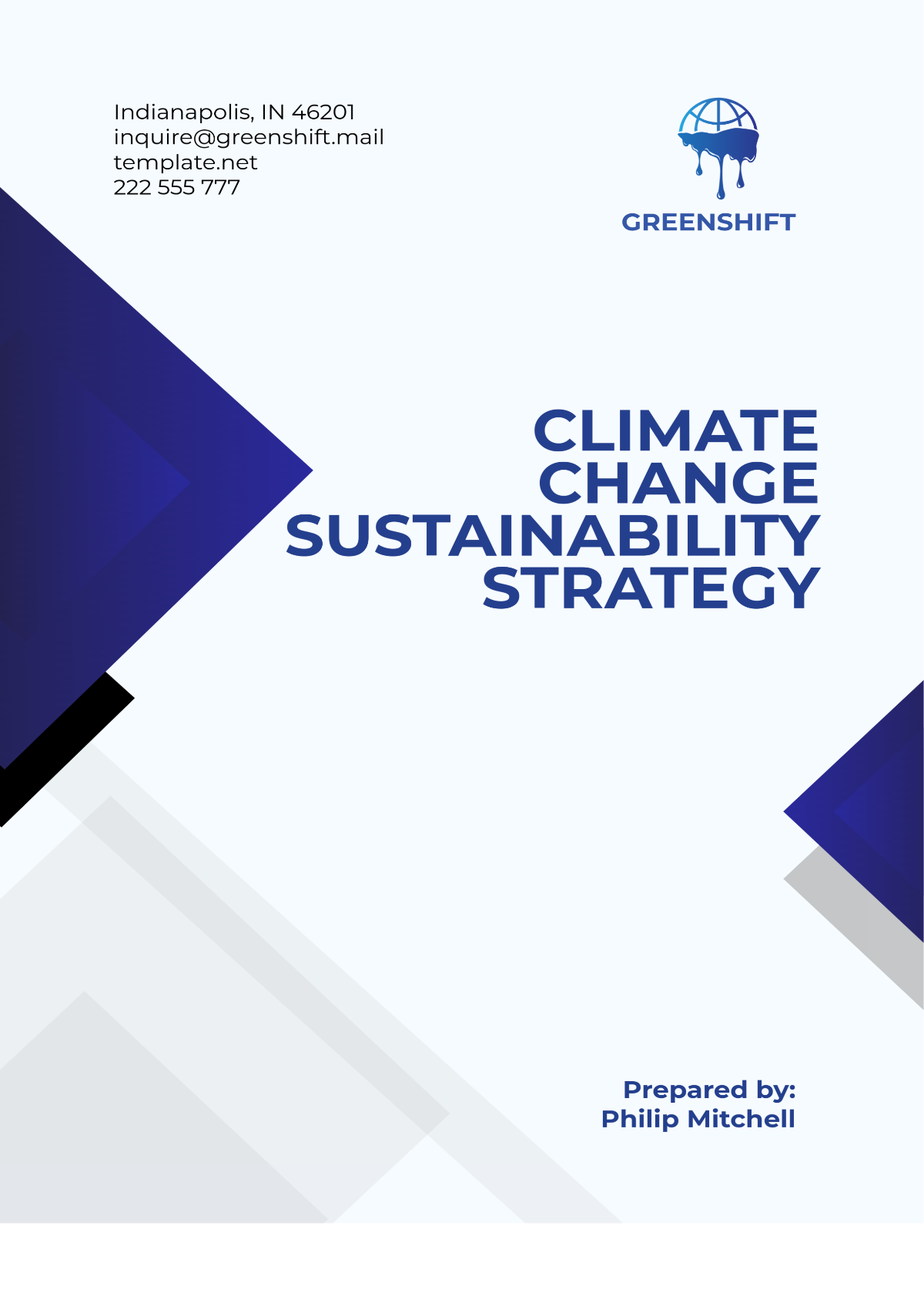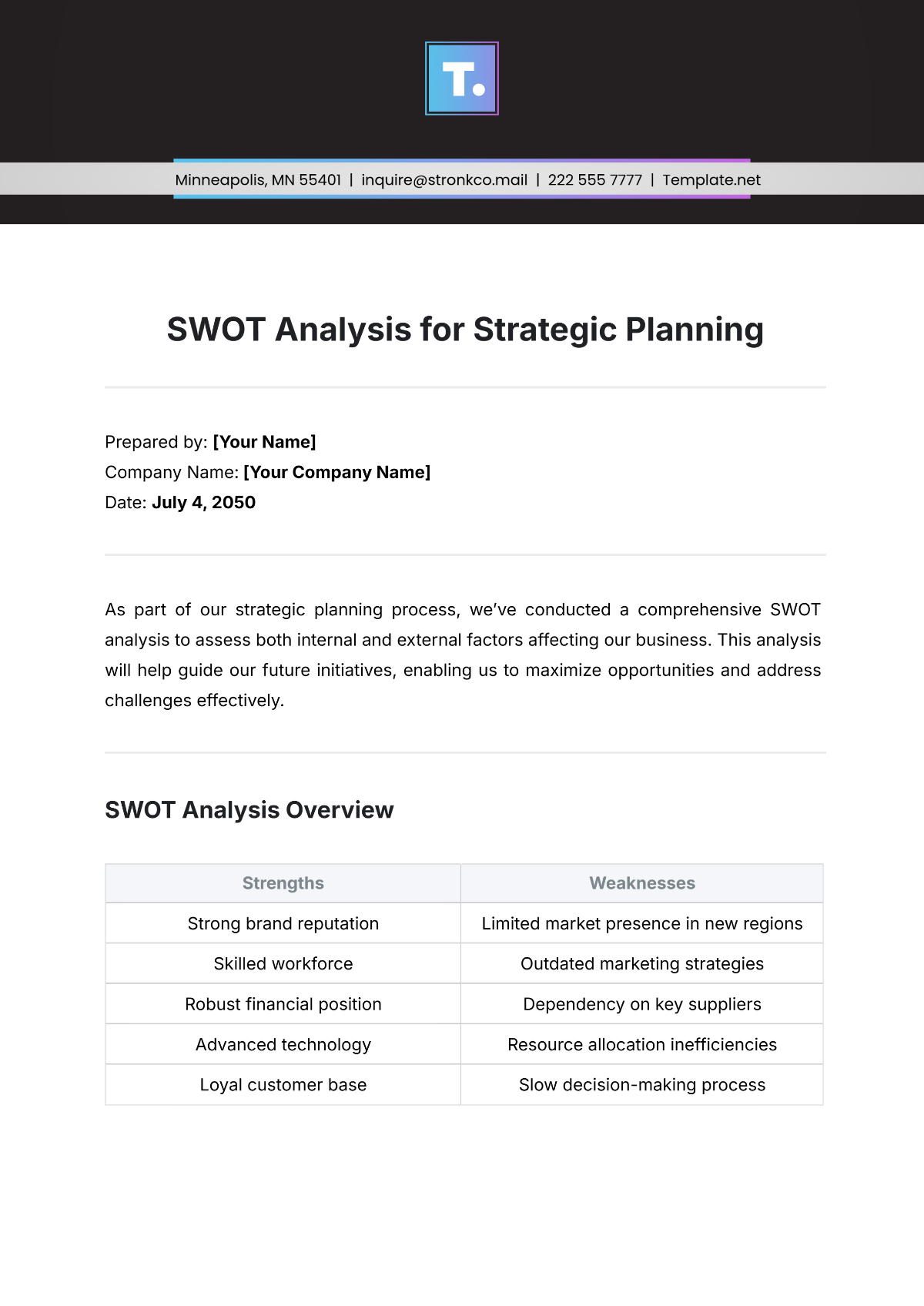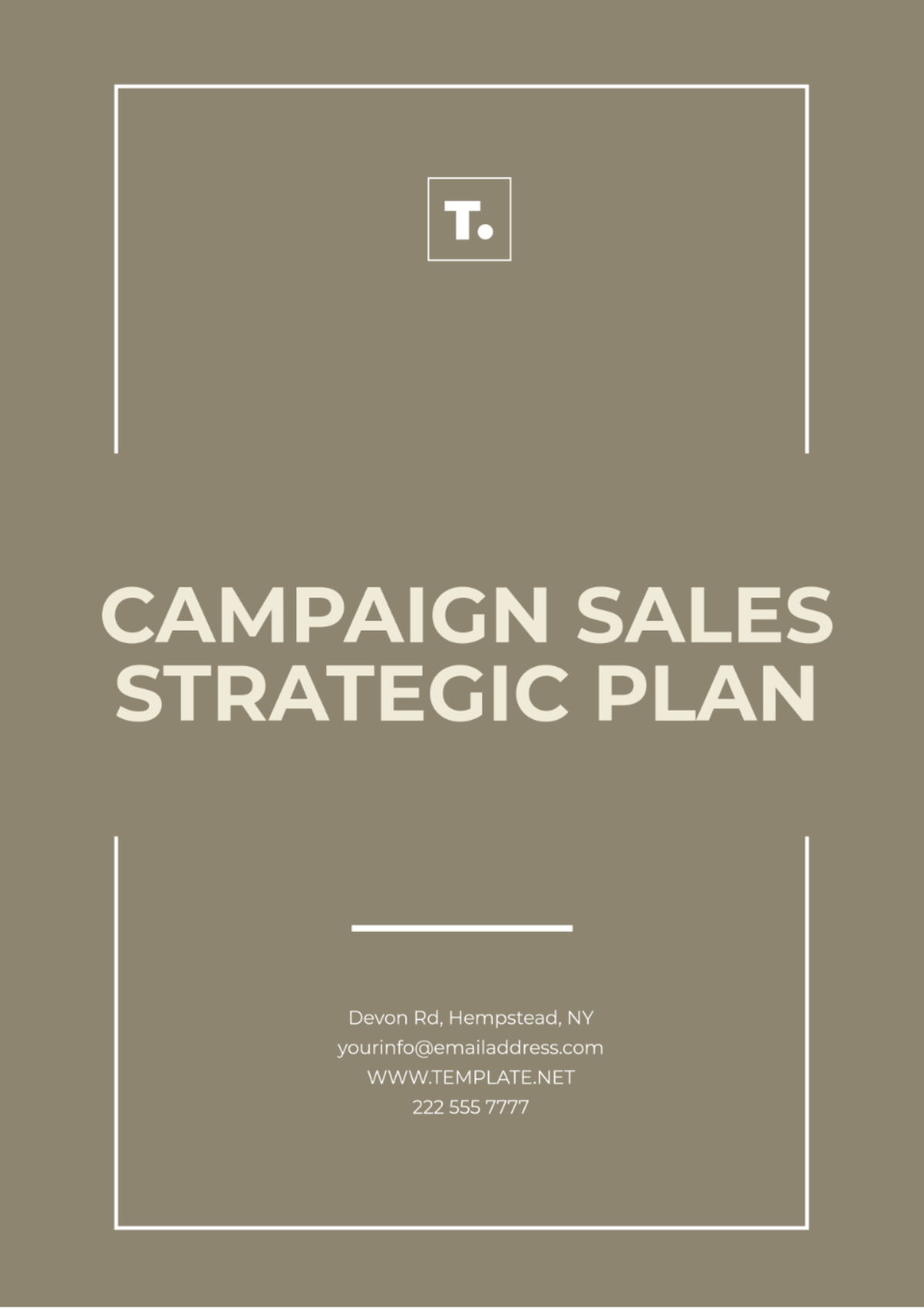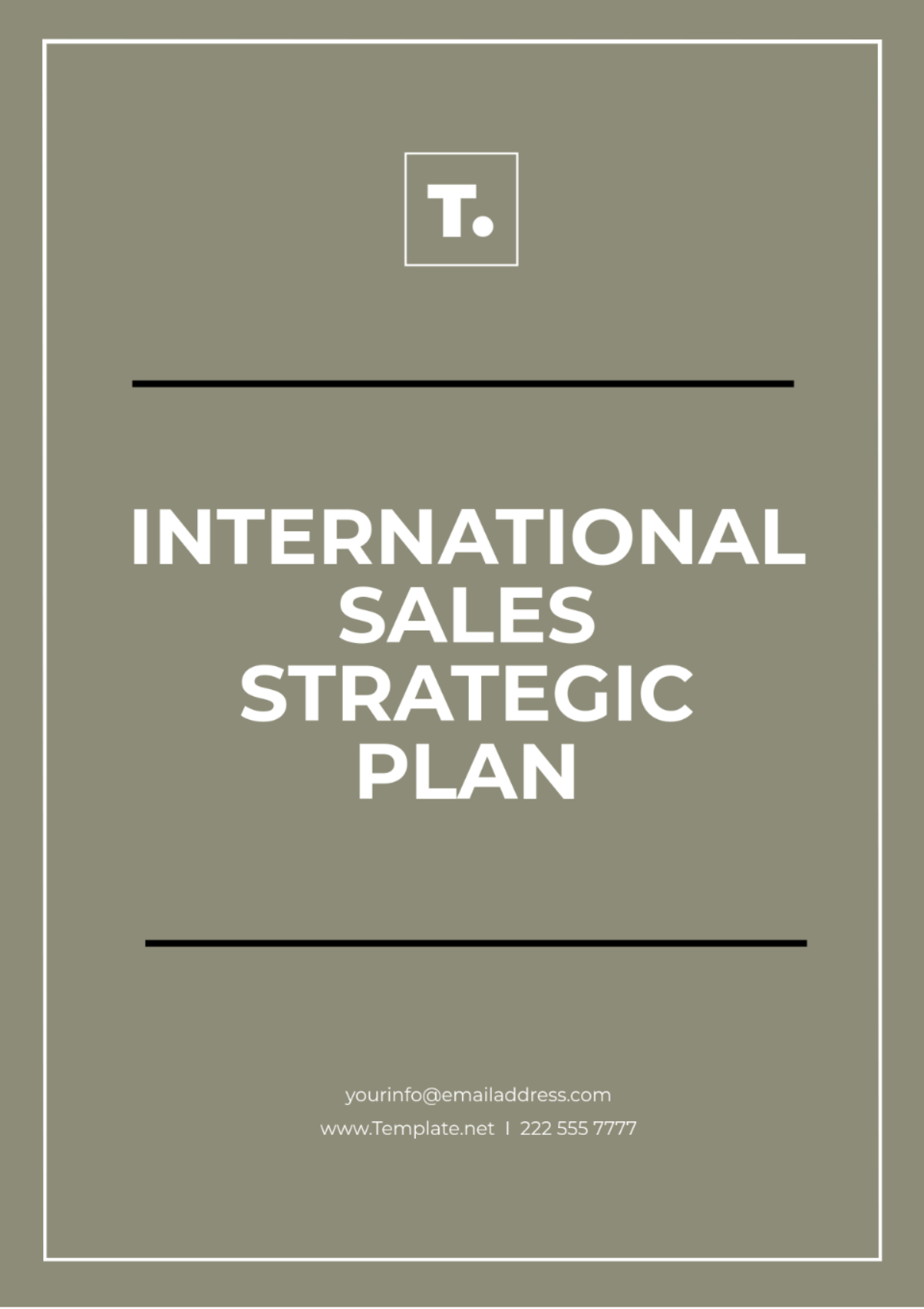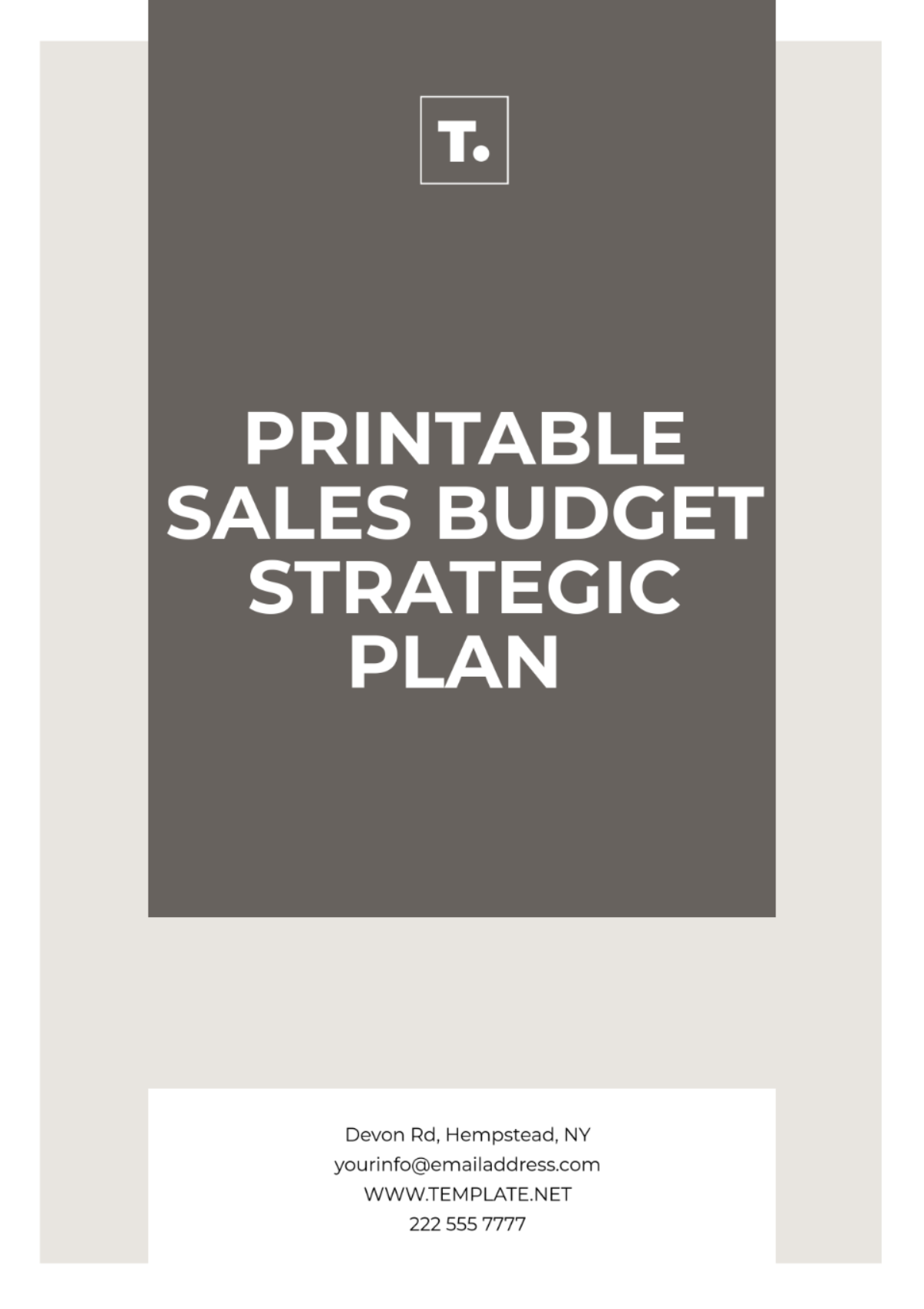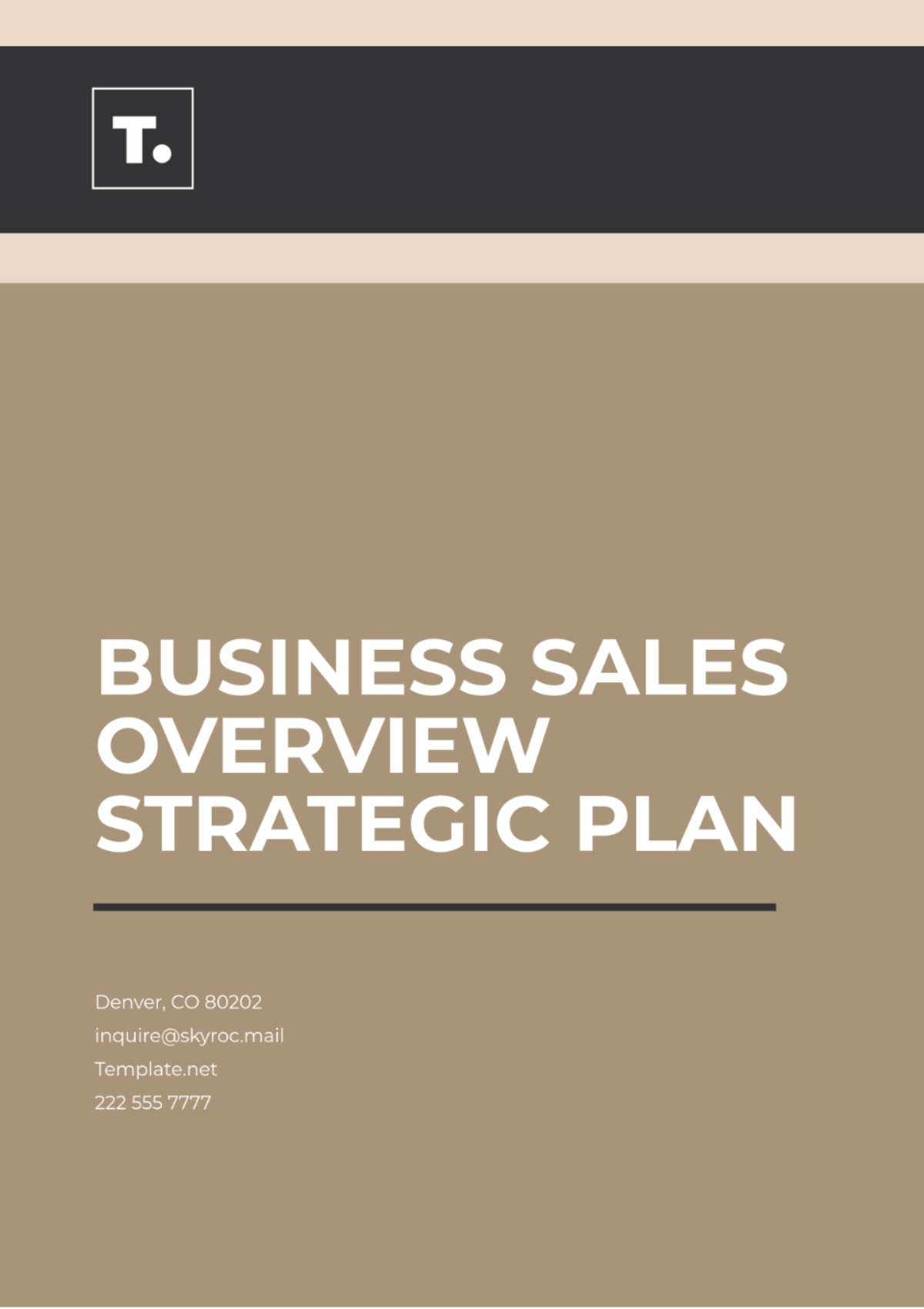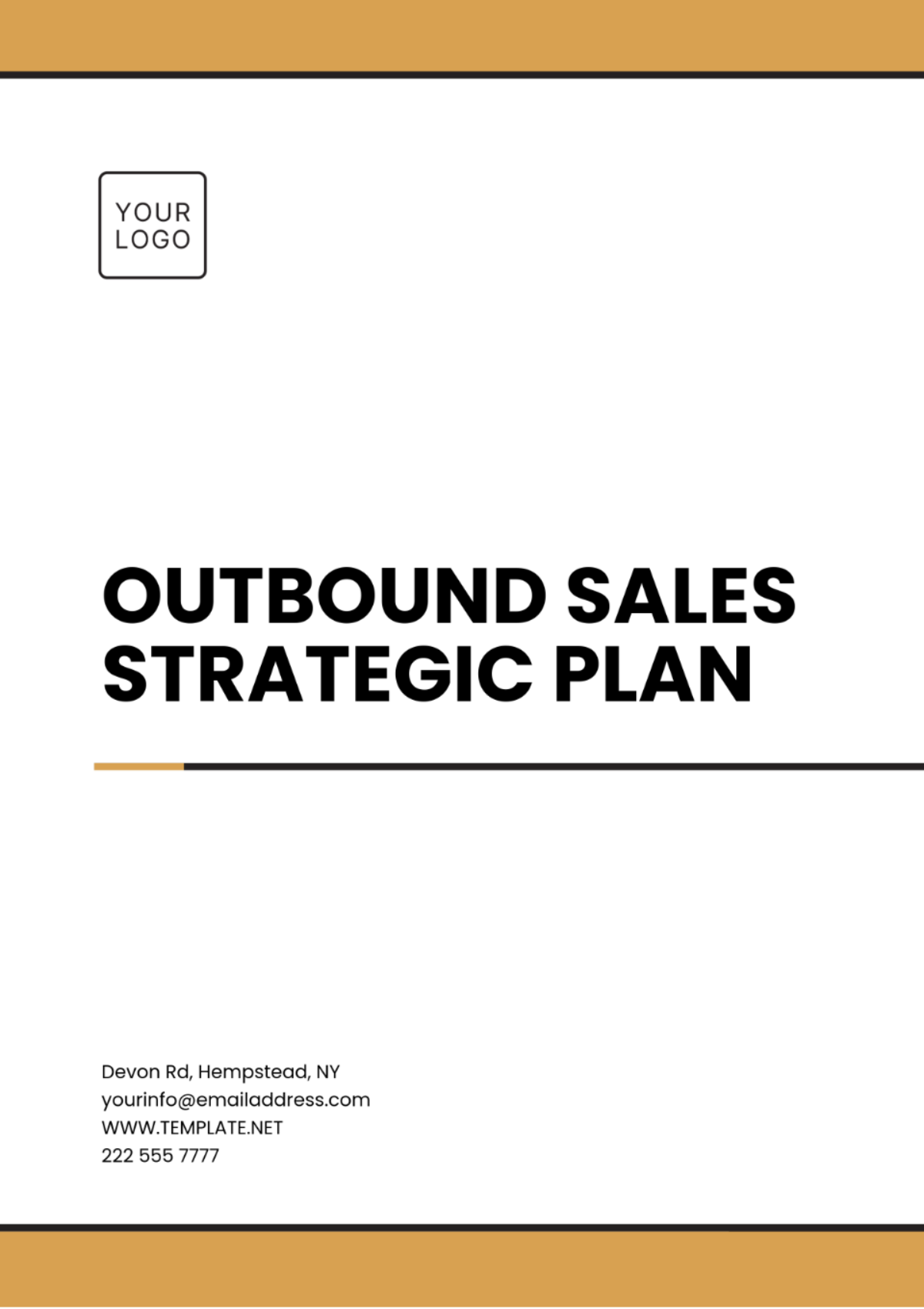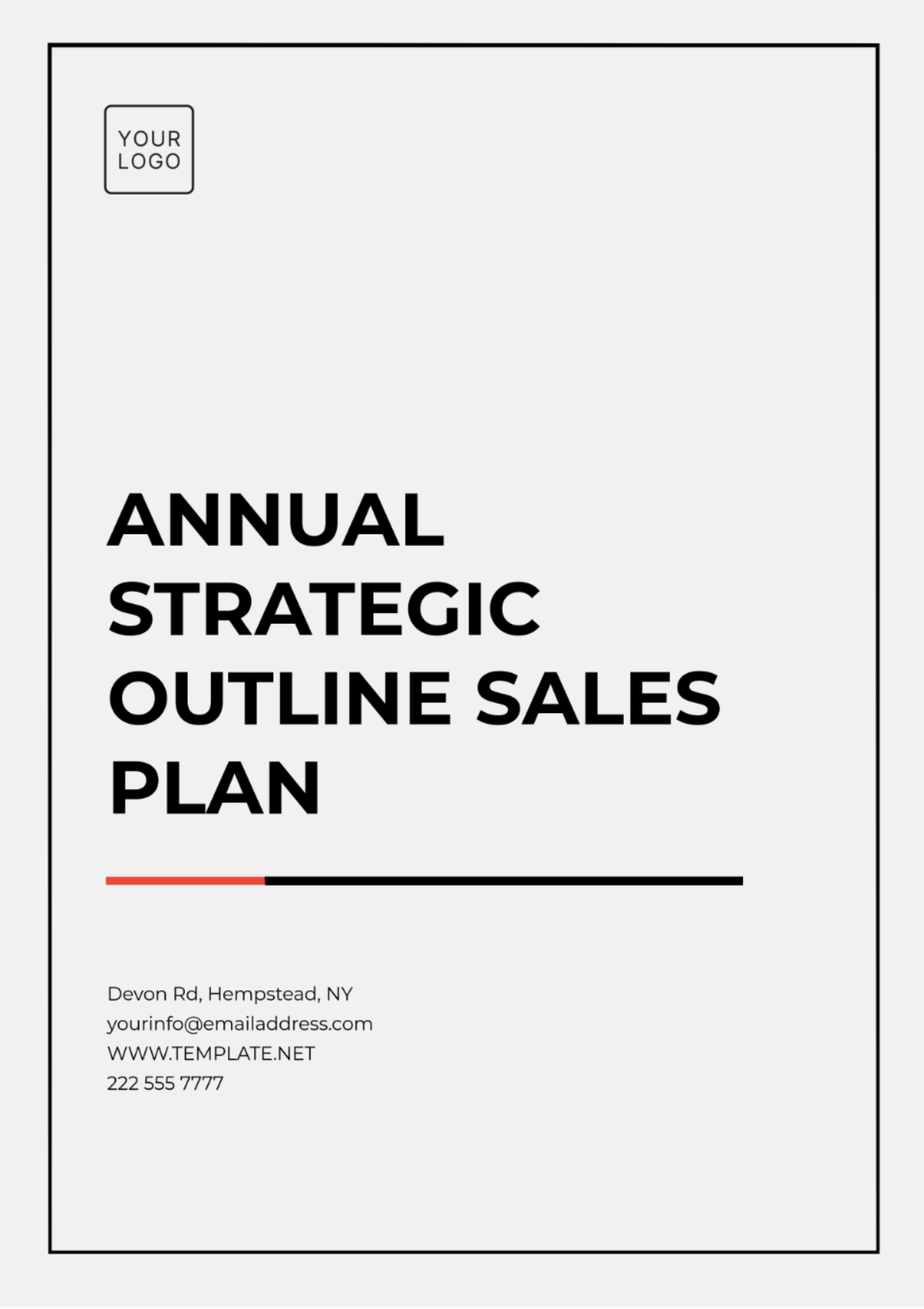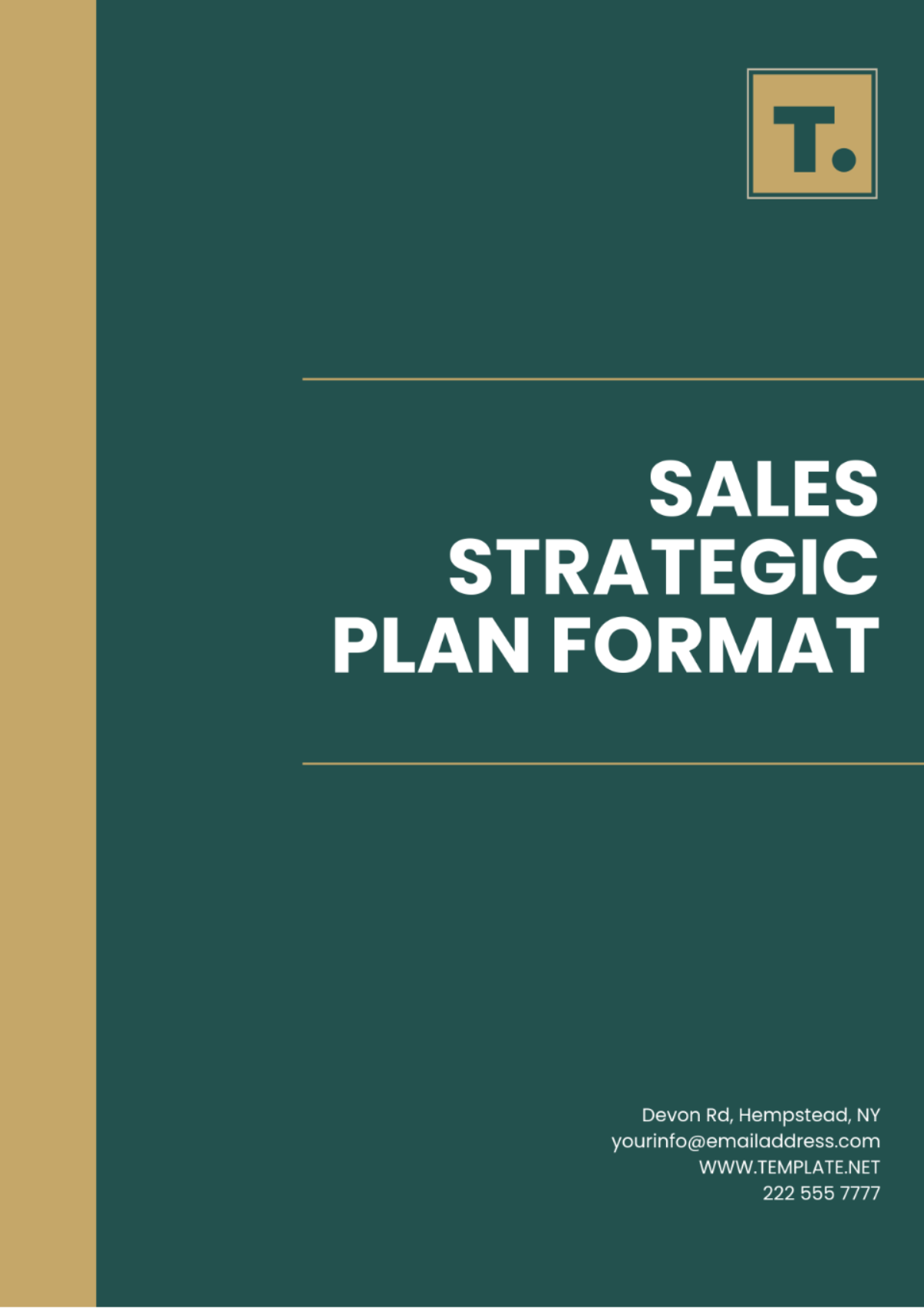Hotel Strategic Plan
I. Executive Summary
The [Your Company Name] Hotel Strategic Plan serves as a comprehensive roadmap, delineating the key priorities and goals that will guide our operations and decision-making in the upcoming period. Our overarching goal is to elevate the guest experience through enhanced customer service, driving increased guest satisfaction and loyalty. By focusing on improving our service standards, we aim to create memorable and personalized experiences that set us apart in the competitive hospitality industry.
In addition to enhancing customer service, we are committed to driving revenue growth and operational efficiency. This involves implementing targeted marketing strategies to attract new guests while nurturing relationships with existing ones. We also seek to optimize our operational processes to streamline efficiency and reduce costs. Through these initiatives, we aim to strengthen our market position, increase profitability, and ensure sustainable long-term success for [Your Company Name].
II. Company Overview
The Company Overview section provides a snapshot of [Your Company Name], highlighting our mission, vision, and core values. It sets the tone for our strategic plan, outlining our commitment to delivering exceptional hospitality experiences, driving innovation, and embracing sustainability. This section encapsulates our ethos and sets the stage for the strategic initiatives that follow.
1. Mission Statement
At [Your Company Name], our mission is to provide unparalleled hospitality experiences that go beyond simply meeting expectations; we aim to anticipate and exceed them. We are dedicated to creating memorable moments for our guests, ensuring their stay is nothing short of exceptional.
2. Vision Statement
We aspire to be the ultimate choice for travelers worldwide, recognized for our innovative services, luxurious accommodations, and unwavering commitment to sustainability. Our vision is to set new standards in hospitality, consistently exceeding the expectations of our guests and setting the benchmark for excellence in the industry.
3. Core Values
At [Your Company Name], our core values serve as the foundation of our operations, guiding our interactions with guests, employees, and the community. These values are the driving force behind everything we do, shaping our culture and ensuring that we uphold the highest standards of:
Customer Focus
Integrity
Innovation
Sustainability
Excellence
III. Market Analysis
This section delves into the dynamic landscape of the hospitality industry, offering a nuanced understanding of key trends and competitive forces. By exploring industry dynamics, competitor strategies, and target market segments, we can formulate informed strategies to enhance our market position and meet the evolving needs of our guests.
1. Industry Overview
The hospitality industry is in a state of transformation, driven by technological advancements and evolving consumer preferences. Key trends include a growing demand for personalized experiences, an increased focus on sustainability, and the rise of digital platforms for booking and guest engagement. This section examines these trends in detail, highlighting their impact on the industry and the opportunities they present for [Your Company Name].
Technological Advancements: The integration of technology, such as mobile apps and AI, is enhancing guest experiences and streamlining operations.
Consumer Preferences: There is a noticeable shift towards experiential travel, with guests increasingly seeking unique and authentic experiences.
Sustainability: Eco-friendly practices are gaining traction, with guests showing a preference for sustainable hotels and practices.
2. Competitive Analysis
An analysis of our competitors reveals that key strengths lie in their unique value propositions and strong marketing efforts. Conversely, opportunities exist in enhancing customer loyalty programs and expanding our offerings.
Competitor | Strengths | Weaknesses |
|---|---|---|
A | Unique value proposition, strong brand recognition | Limited geographical presence, outdated technology |
B | Extensive loyalty program, diverse offerings | High employee turnover, inconsistent service |
C | Innovative marketing campaigns, luxury amenities | Limited market penetration, high pricing strategy |
3. Target Market
Our primary target market includes business travelers, leisure tourists, and event organizers. By focusing on tailored services and exclusive packages, we aim to attract and retain these segments.
IV. Strategic Goals
Our strategic goals are the cornerstone of [Your Company Name]'s commitment to excellence. These objectives are carefully crafted to enhance the guest experience, drive revenue growth, and improve operational efficiency.
1. Enhance Customer Experience
Implement advanced reservation systems
Offer personalized guest services
Strengthen loyalty programs
2. Increase Revenue
Upsell room upgrades and amenities
Expand marketing reach through digital platforms
Collaborate with travel agencies and partners
3. Improve Operational Efficiency
Invest in staff training and development
Streamline supply chain management
Utilize data analytics for decision making
V. Action Plan
The Action Plan section outlines the specific steps and initiatives that will be undertaken to achieve our strategic goals at [Your Company Name]. Each goal is accompanied by actionable items, responsible parties, and timelines to ensure effective implementation. By detailing the actions required to enhance customer experience, increase revenue, and improve operational efficiency, this plan serves as a roadmap for success.
Goal | Action Item | Responsible Party | Timeline |
|---|---|---|---|
Enhance Customer Experience | Implement reservation system | [Your Department] | Q1 |
Increase Revenue | Expand digital marketing | [Marketing Department] | Q2 |
Improve Operational Efficiency | Staff training program | [HR Department] | Q3 |
VI. Financial Plan
The financial plan details the budget allocation and expected ROI for each strategic initiative. Ensuring adequate resources are available is essential for achieving our objectives.
1. Budget Summary
The total budget for this strategic plan period is estimated at $[0]. It includes allocations for marketing, technology upgrades, and staff training.
Initiative | Budget Allocation ($) |
|---|---|
Marketing | $[0] |
Technology Upgrades | $[0] |
Staff Training | $[0] |
Other Expenses | $[0] |
Total | $[0] |
2. ROI Projections
Based on conservative estimates, we anticipate a return on investment (ROI) of approximately [0]% within the first year of implementation. This projection is based on factors such as increased revenue from upselling, cost savings from operational efficiencies, and enhanced customer loyalty. These estimates are subject to change based on market conditions and other external factors.
VII. Monitoring and Evaluation
The Monitoring and Evaluation section details our comprehensive approach to tracking progress and assessing the effectiveness of our strategic plan at [Your Company Name]. By implementing robust Key Performance Indicators (KPIs), we can measure critical aspects such as customer satisfaction, revenue growth, and employee performance. Our leadership team will conduct quarterly reviews to evaluate our progress, ensuring we remain aligned with our strategic objectives. This systematic evaluation process allows us to make informed adjustments and continuously improve our operations to achieve optimal results.
1. Key Performance Indicators (KPIs)
Key Performance Indicators (KPIs) are essential metrics used to evaluate the success of our strategic initiatives. They provide a clear, quantifiable measure of our performance, allowing us to track progress over time. By consistently monitoring these indicators, we can make informed decisions, identify trends, and implement necessary adjustments to achieve our goals.
The Key Performance Indicators (KPIs) selected for our strategic plan encompass crucial areas such as:
Customer satisfaction scores
Revenue growth percentage
Employee performance metrics
2. Evaluation Process
Our leadership team will conduct comprehensive quarterly reviews to assess our progress towards achieving the strategic goals. During these reviews, we will closely examine the Key Performance Indicators (KPIs) to measure success in critical areas such as customer satisfaction, revenue growth, and employee performance. This rigorous evaluation process will enable us to identify areas for improvement and make data-driven adjustments to our strategies. By maintaining a continuous feedback loop, we can ensure that our initiatives remain aligned with our overall objectives, adapt to changing market conditions, and consistently drive the hotel’s growth and excellence.
VIII. Conclusion
The [Your Company Name]'s Strategic Plan is a comprehensive roadmap that outlines our commitment to growth, exceptional guest experiences, and operational excellence. Through this plan, we aim to solidify our position as a premier destination for travelers, renowned for our innovative services and unwavering dedication to sustainability.
By aligning our actions with our mission and vision, we are poised to achieve our strategic goals and create a sustainable future for [Your Company Name]. This plan serves as a guidepost, steering us towards our objectives while ensuring that we remain agile and responsive to the evolving needs of our guests and the dynamic hospitality industry. With a clear focus on delivering excellence in every aspect of our operations, we are confident that our strategic plan will propel us towards greater success and recognition in the marketplace.
